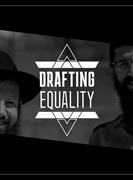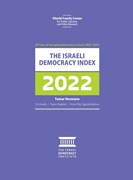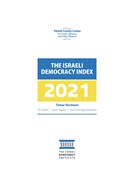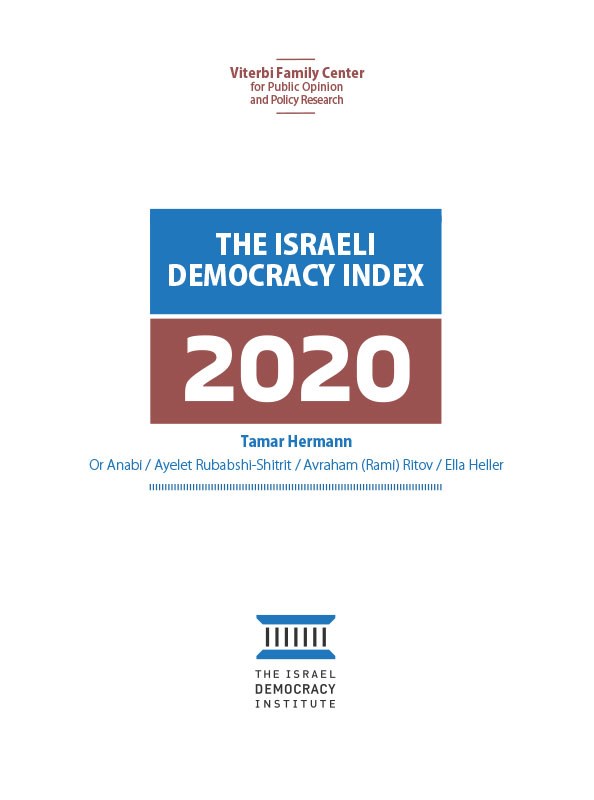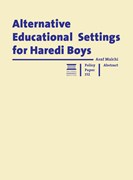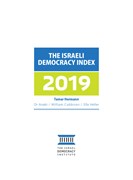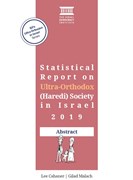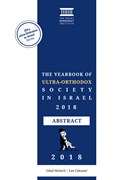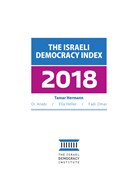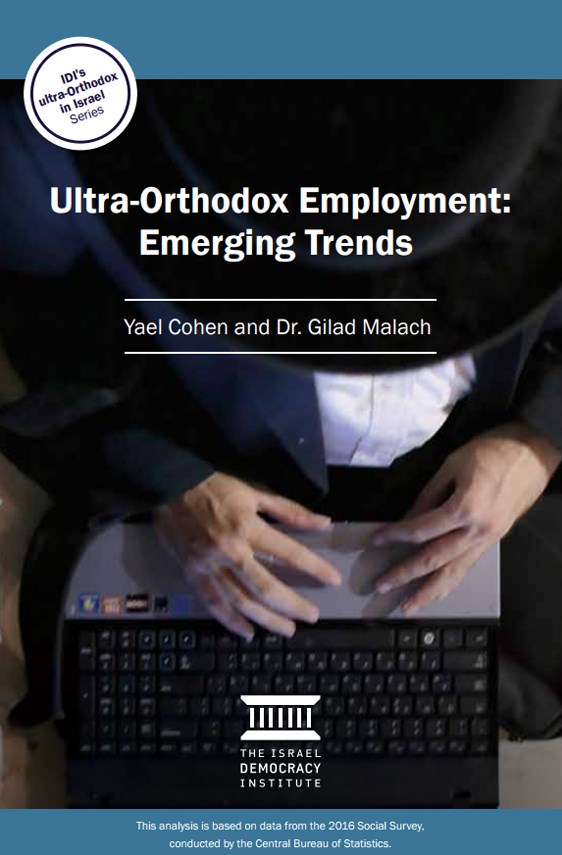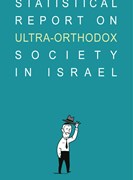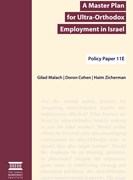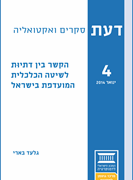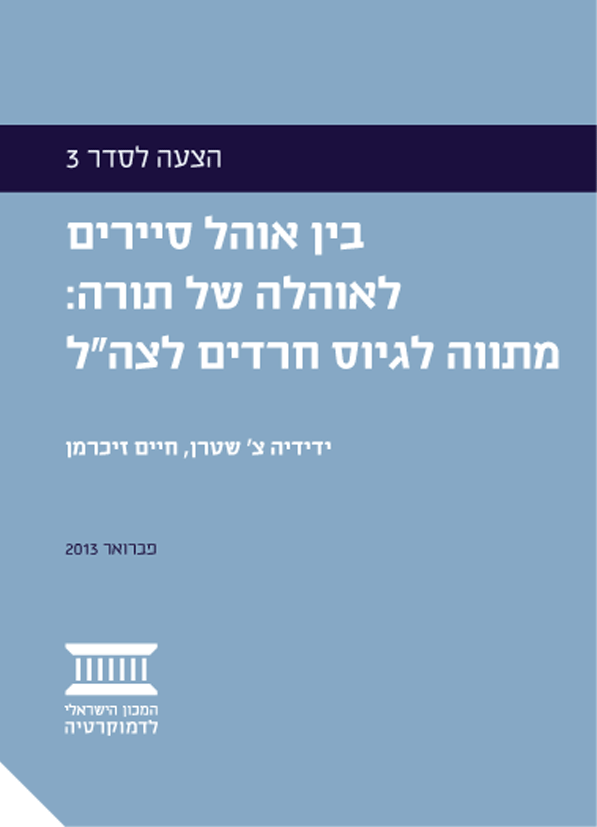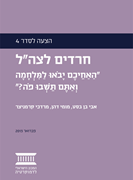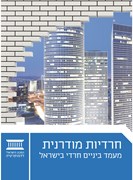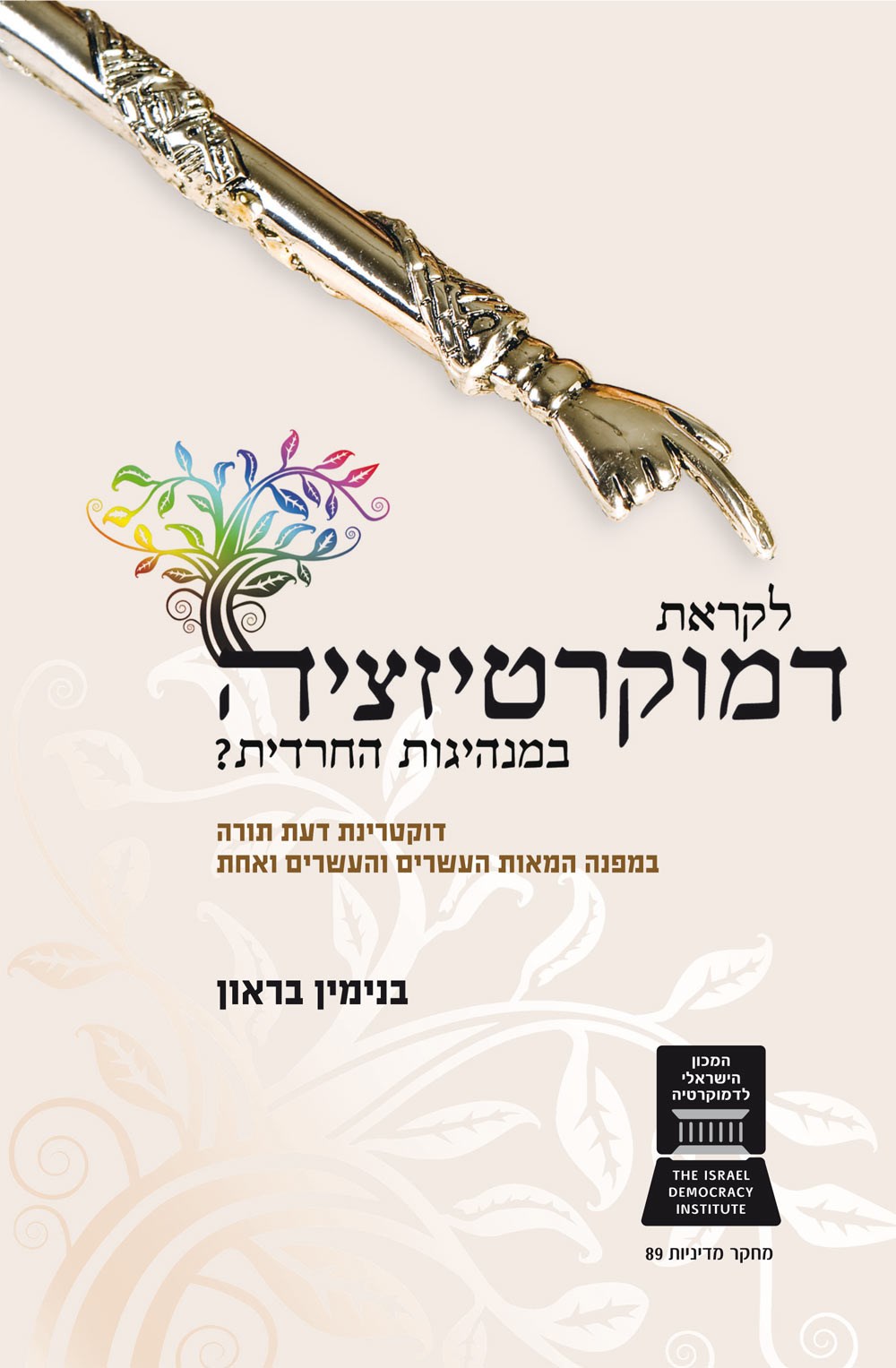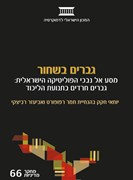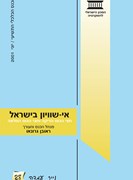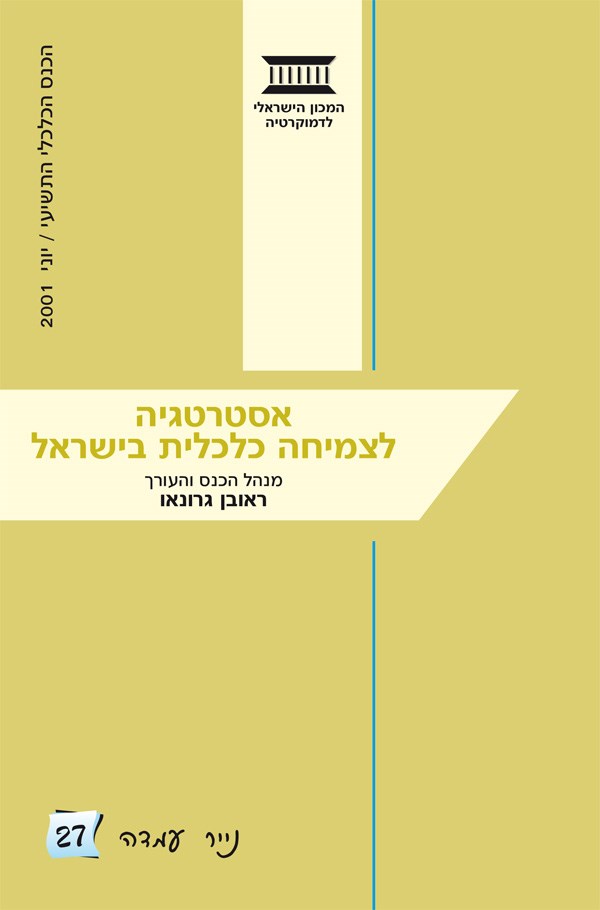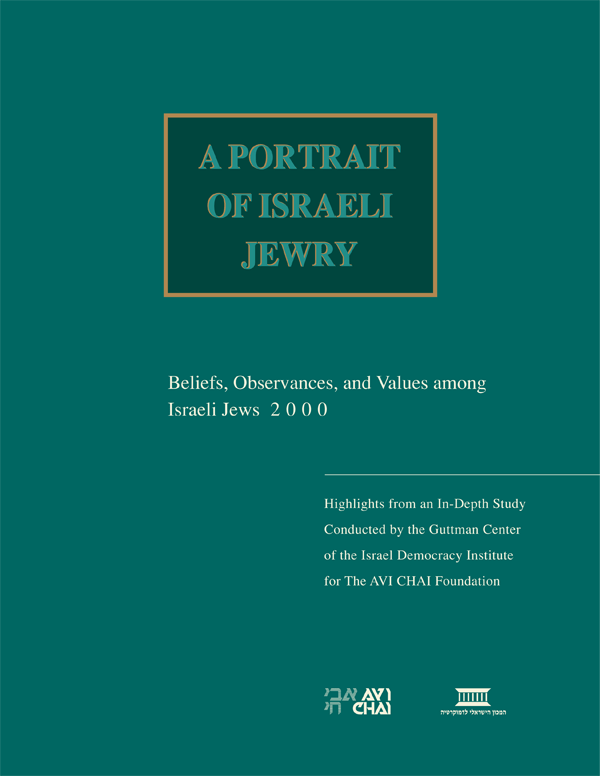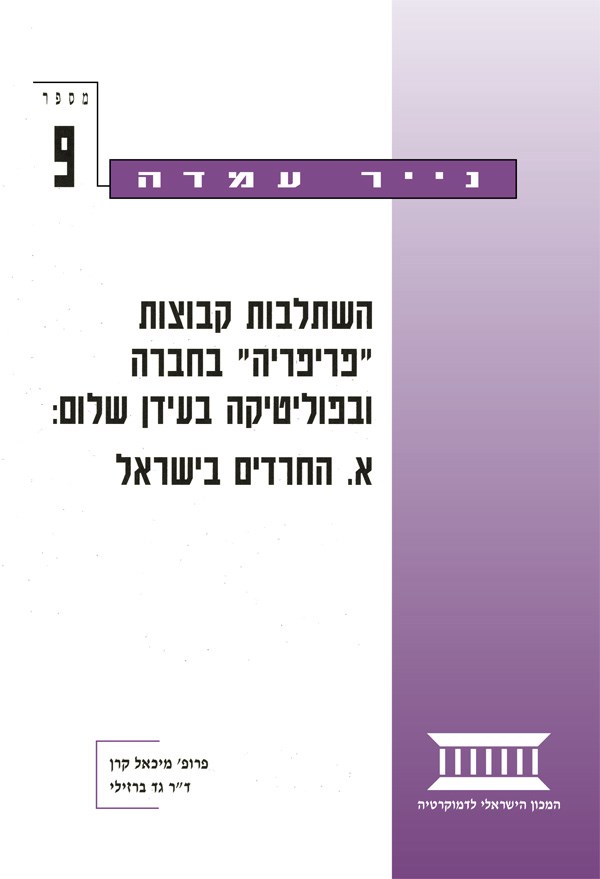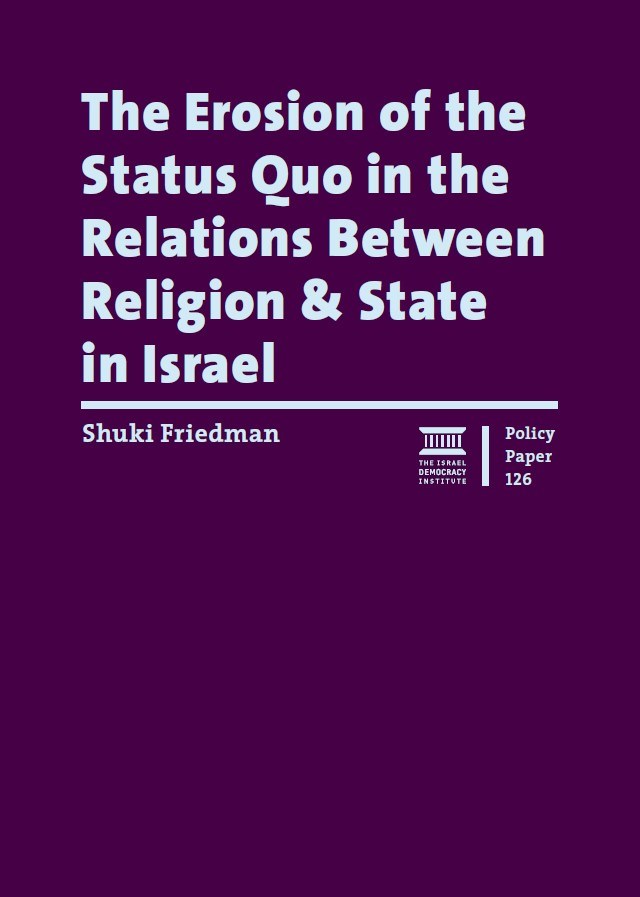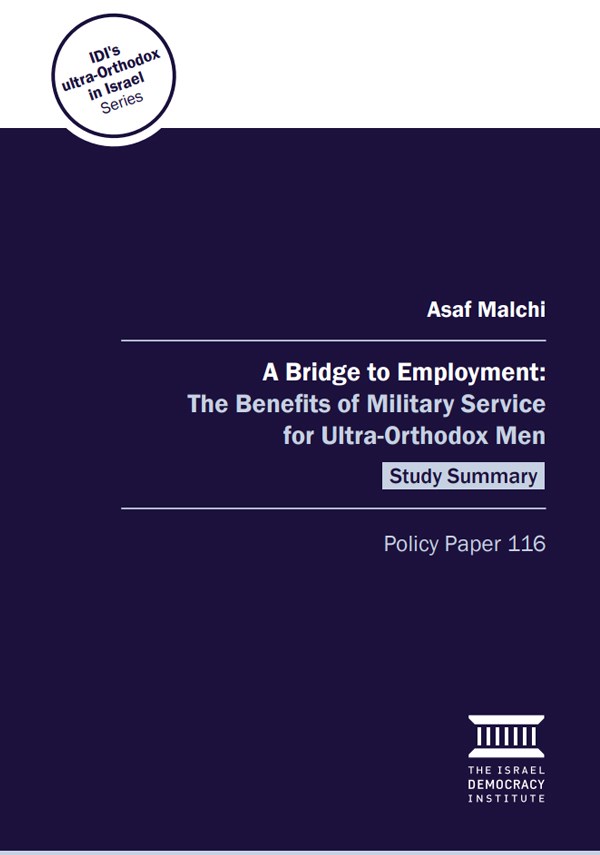

Publications Regarding ultra-Orthodox/Haredi
Articles

Haredim in Israel 2050: Demographic Projections and Economic and Security Scenarios
Written By: Dr. Gilad Malach, Dr. Itamar Yakir, Roe Kenneth Portal
The following is an executive summary and key findings from a full study, which can be found in Hebrew here.
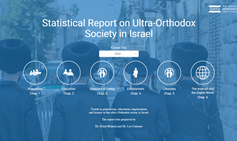
Population
Written By: Dr. Gilad Malach, Dr. Lee Cahaner
First chapter of six of the 'Statistical Report on Ultra-Orthodox Society in Israel'

Education
Written By: Dr. Gilad Malach, Dr. Lee Cahaner
Second chapter of six of the 'Statistical Report on Ultra-Orthodox Society in Israel'

Standard of Living
Written By: Dr. Gilad Malach, Dr. Lee Cahaner
Third chapter of six of the 'Statistical Report on Ultra-Orthodox Society in Israel'

Financial Literacy
Written By: Dr. Gilad Malach, Dr. Lee Cahaner
Sixth chapter of six of the 'Statistical Report on Ultra-Orthodox Society in Israel'

Lifestyles
Written By: Dr. Gilad Malach, Dr. Lee Cahaner
Fifth chapter of six of the 'Statistical Report on Ultra-Orthodox Society in Israel'

Employment
Written By: Dr. Gilad Malach, Dr. Lee Cahaner, Yael Bachar
Fourth chapter of six of the 'Statistical Report on Ultra-Orthodox Society in Israel'

Gilad Malach on Kan English - 10th Annual Statistical Report on Ultra-Orthodox Society
Written By: Dr. Gilad Malach
Dr. Gilad Malach, Research Fellow in IDI’s Ultra-Orthodox in Israel Program, spoke with KAN English Radio about the findings from IDI’s 10th Annual Statistical Report on Ultra-Orthodox Society.

Dr. Gilad Malach on TOI's "What Matters Now"
Written By: Dr. Gilad Malach, Amanda Borschel-Dan
IDI Research Fellow Dr. Gilad Malach joins host Amanda Borschel-Dan on the Times of Israel weekly podcast, What Matters Now. They discuss the contentious matter of ultra-Orthodox (Haredi) conscription, including the history of Haredi exemption from IDF service, modern cultural norms in Haredi society, and the current Haredi conscription proposal making its way through Knesset.

The Haredi Demonstration in Jerusalem: A Struggle for Identity, Not Just For the (Non-)Conscription Law
Written By: Eliyahu Berkovits
Behind the call to oppose the “persecution of Torah learners” lies a different struggle: an attempt by Haredi society to unite its ranks and strengthen a communal identity that has been eroded by the growing pressures to integrate into Israeli society, especially after two years of war.

The Bismuth Outline for the Draft Exemption Law
Written By: Adv. Shlomit Ravitsky Tur-Paz

Leaving the Country Among Yeshiva Students of Draft Age
Written By: Gabriel Gordon, Eliyahu Berkovits
One of the key sanctions under debate for Haredim who evade mandatory military conscription is a prohibition on leaving the country. By reviewing the extent and characteristics of Haredim traveling abroad, this analysis paints a picture of how such a sanction would impact Haredi society.

A Small but Insufficient Victory for Female Torah Scholars
Written By: Ayala Goldberg
A recent Supreme Court decision rules that the Chief Rabbinate must allow women to take the Halakhic exams it administers for the purpose of ordaining rabbis. While this does not mean they will be ordained as rabbis, this is good news for women in their struggle for the value of their Torah study to be recognized.

(Non-)Enforcement of the Core Curriculum Requirement in ultra-Orthodox Boys’ Education
Written By: Dr. Ariel Finkelstein
Despite clear indications that a significant number of ultra-Orthodox boys’ schools do not teach core subjects as required by law, hardly any face penalties from the Ministry of Education. The few penalties that are imposed are minor.

The Iran War and Lessons for Israel's Education System
Written By: Dr. Shlomit Shahino Kesler
As the school system shuttered yet again in the war with Iran, Israeli society debates everything from safety to solidarity, but leaves out a critical virtue: the education of our children. Israel's ultra-Orthodox society, in spite of its refusal to be part of the Israeli collective experience, puts education at the core of its value system – what can the rest of the Israeli public learn from them?

Haredi Integration and Tax Payments – The Burden and the Potential | Executive Summary
Written By: Gabriel Gordon
This research was released ahead of the Israel Democracy Institute's annual Eli Hurvitz Conference on Economy and Society, 2025.

Budget Allocation to the Ultra-Orthodox Education System Under 2025 Coalition Agreements
Written By: Ronny Barboy, Dr. Neri Horowitz
A "nuts and bolts" review of the coalition agreement related to Haredi education in the 2025 State budget.

Haredi Politicians: One Hand Writes the Laws, the Other Undermines Them
Written By: Eliyahu Berkovits
Meir Porush, Minister of Jerusalem and Jewish Tradition, established a hotline advising yeshiva students to evade mandatory military conscription. Haredi leaders have been maintaining conflicting roles as state officials and acting community activists.

The Israel Democracy Institute Releases its 2024 Statistical Report on Ultra-Orthodox Society
Written By: The Israel Democracy Institute

Education
Written By: Dr. Lee Cahaner, Dr. Gilad Malach
Second chapter of six of the 'Statistical Report on Ultra-Orthodox Society in Israel'

Standard of Living
Written By: Dr. Lee Cahaner, Dr. Gilad Malach
Third chapter of six of the 'Statistical Report on Ultra-Orthodox Society in Israel'

Employment
Written By: Dr. Lee Cahaner, Dr. Gilad Malach, Yael Bachar
Fourth chapter of six of the 'Statistical Report on Ultra-Orthodox Society in Israel'

Lifestyles
Written By: Dr. Lee Cahaner, Dr. Gilad Malach
Fifth chapter of six of the 'Statistical Report on Ultra-Orthodox Society in Israel'

Health
Written By: Dr. Lee Cahaner, Dr. Gilad Malach
Sixth chapter of six of the 'Statistical Report on Ultra-Orthodox Society in Israel'

Population
Written By: Dr. Lee Cahaner, Dr. Gilad Malach
First chapter of six of the 'Statistical Report on Ultra-Orthodox Society in Israel'

Majority of Israelis Support a Deal to Release All Hostages and End the War
Written By: Prof. Tamar Hermann, Dr. Lior Yohanani, Yaron Kaplan, Inna Orly Sapozhnikova
A majority of Israelis (57.5%) support a comprehensive deal for the release of all the hostages in return for an end to the war in Gaza; Most Israelis think the current situation in Syria serves Israeli interest (52.5%); 68% of all Israelis, as well as 60% of Likud voters, are opposed to a law exempting Haredim from military service, even if this would mean a dissolution of the Knesset and new elections.

"As You Stand Silent" – Has October 7th Changed the Haredi Community? - English Introduction
Written By: Adv. Shlomit Ravitsky Tur-Paz

The Proposed "Softened Rabbis Bill" Complicates the Budgeting Process for Religious Councils
Written By: Dr. Ariel Finkelstein
The recently proposed bill runs counter to accepted budgeting principles and undermines the autonomy of local governance.

Early Childhood Daycare Subsidies in Israel in Different Sectors
Written By: Gabriel Gordon,
A survey of daycare subsidies in Israel and recommendations for improved criteria that would encourage participation in the labor market among the ultra-Orthodox.

The Two Coalitions Israel Needs Now
Written By: Yohanan Plesner
It is increasingly clear that Israel’s future depends on the forging of two coalitions. One is a multinational alliance determined to turn the Palestinian issue from a driver of conflict into an engine of peace. The other, is an internal Israeli coalition ready to pursue a series of bold social, economic, and political reforms.

Haredi Yeshiva Students Are Being Called to IDF Enlistment Centers. What’s Next?
Written By: Adv. Shlomit Ravitsky Tur-Paz, Dr. Eran Shamir-Borer, Adv. Mirit Lavi
On Monday August 5, 2024 and Tuesday August 6, 2024—900 ultra-Orthodox yeshiva students were required to present themselves at IDF enlistment centers. Shlomit Ravitsky Tur-Paz, Dr. Eran Shamir-Borer and Mirit Lavi explain the next steps the IDF will need to take in order to enforce the legal obligation of conscription.

Ultra-Orthodox Draft Challenges and Objectives
Written By: Adv. Shlomit Ravitsky Tur-Paz
As the IDF issues the first batches of draft orders for ultra-Orthodox men, the following outlines the challenges, opportunities and objectives of an amended conscription law.

A Joint Effort: Integrating Haredim in the IDF
Written By: Prof. Daniel Statman
The IDF should do what it can to ease the transition of Haredim from the social frameworks in which they have grown up and been educated into the military, but it is also important for new conscripts to understand that the rules cannot be changed according to the preferences of every single soldier or group.

Workforce Participation of Haredi Yeshiva Students Under the Exemption Age
Written By: Gabriel Gordon
This study describes the employment trends among men registered in ultra-Orthodox yeshivas between the ages of 18-25. The findings are based on a reported work, or "legal work," so it is very likely that this is an underestimation of reality.

Ultra-Orthodox Conscription | Supreme Court Ruling | Yohanan Plesner on CNN
Written By: Yohanan Plesner
"It's a matter of a change in the trajectory," says Yohanan Plesner, president of IDI following the Israeli Supreme Court ruling on the issue of ultra-Orthodox conscription.

Supreme Court Ruling on Haredi Draft | Yohanan Plesner on BBC News
Written By: Yohanan Plesner
"Basically we've entered into a new unknown terrain," says IDI President Yohanan Plesner.

The New Rabbis Law Includes a Number of Inherent Flaws
Written By: Dr. Ariel Finkelstein
Dr. Ariel Finkelstein warns that the proposed new "Rabbis Law" would weaken the standing of local communities, could lead to cronyism, reduce women's representation and more.

Principles for a Fair Draft Law
Written By: Yohanan Plesner
Yohanan Plesner, President of IDI lays out the basic principles for a fair draft law.

The Economic Impact of Haredi (non) Enlistment
Written By: Adv. Shlomit Ravitsky Tur-Paz
What are the economic impacts of the Haredi blanket exemption and how would drafting the ultra-Orthodox benefit Israeli society and economy?

Haredi Enlistment According to the Supreme Court Justices: "We intend to decide"
Written By: Prof. Suzie Navot
The discussion in the Supreme Court yesterday was not about whether a law exempting yeshiva students harms the principle of equality. It was about a much more basic question: is the State of Israel acting in accordance with the principle of the rule of law—that is, can yeshiva students be exempted from enlisting in the IDF, when there is no law allowing for this.

A Historic Supreme Court Hearing on Haredi Conscription and Yeshiva Funding
Written By: Adv. Shlomit Ravitsky Tur-Paz
Israel's Supreme Court convened to hear arguments on the issue of drafting ultra-Orthodox yeshiva students who no longer are exempt from military service, and the legality of providing funding for yeshivas that enroll them as long as no new law has been legislated on this issue.

Timeline: The Ultra-Orthodox and the IDF Draft
Written By: The Israel Democracy Institute
When did the ultra-Orthodox first receive an exemption from military service? How have Haredi demographics influenced this issue?
This is a timeline of the central milestones affecting the issue of Haredi conscription.

The latest military exemption law - a return to the 2022 (non-) conscription law
Written By: Yohanan Plesner , Adv. Shlomit Ravitsky Tur-Paz, Dr. Gilad Malach
The proposed law ignores the dramatic change in Israel's security situation since October 7 and does not address the need for more combat soldiers, nor does it respect the burden on the populations that already serve.
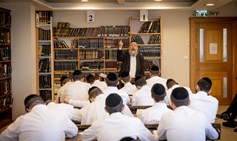
From the World of Torah Study to the World of Work: Social Challenges and Employment Potential Among Haredi Yeshiva Students
Written By: Dr. Asaf Malchi
This study was designed to assess the level of satisfaction among students in higher yeshivot (ages 17 and above), their personal and social challenges, and their attitudes toward possible alternatives to yeshiva studies, such as vocational training and employment.
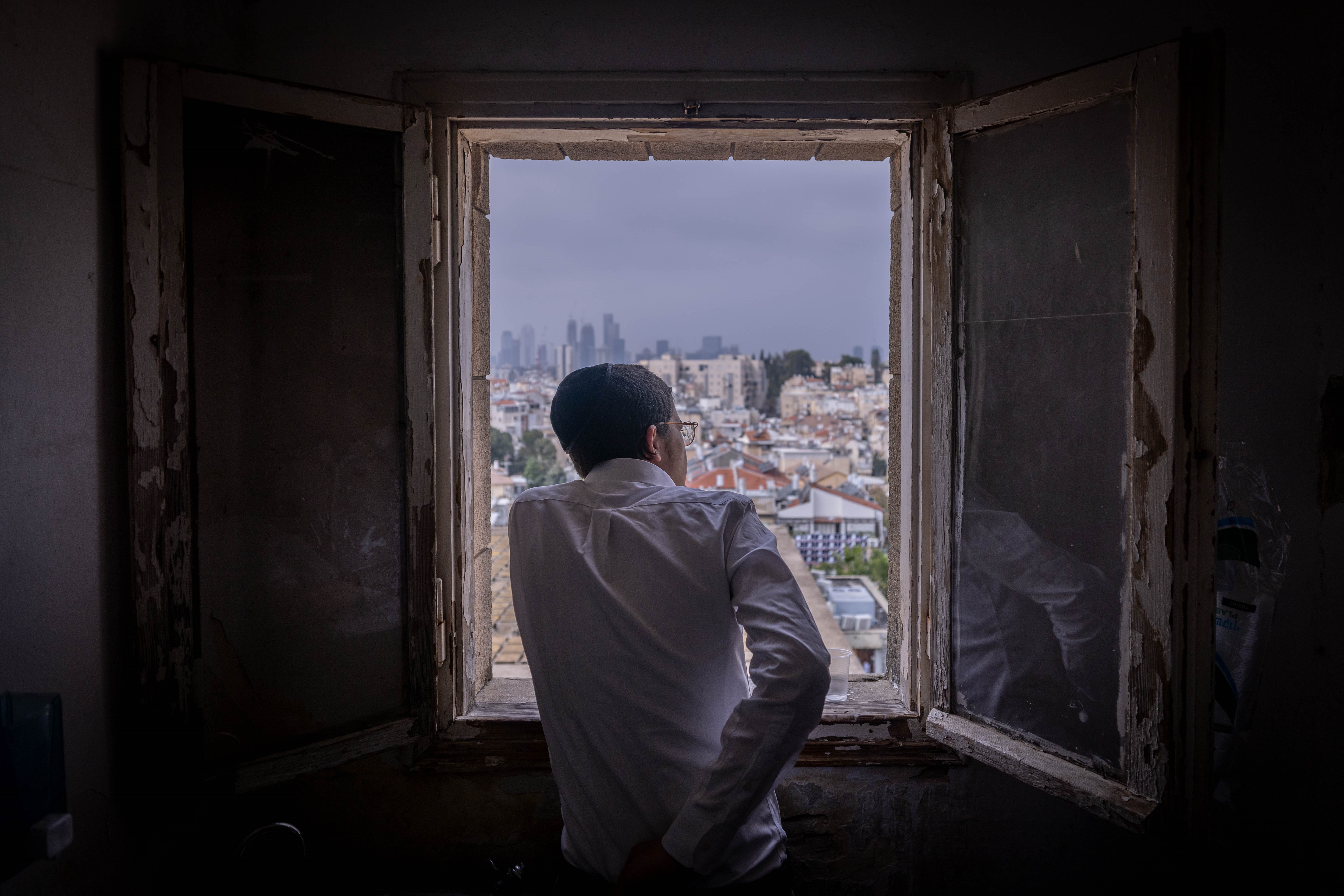
I, Too, Have Come to my Senses: It is Time to Rethink the Haredi Role in Israeli Society
Written By: Dr. Rivka Neriya Ben-Shahar
Dr. Rivka Neriya-Ben Shahar proposes a model that resembles the secular educational system of colleges and universities to identify the most gifted torah scholars, who would receive a generous stipend. Others must rethink their role as part of Israeli society.

Population
Written By: Dr. Lee Cahaner, Dr. Gilad Malach
First chapter of six of the 'Statistical Report on Ultra-Orthodox Society in Israel'

Education
Written By: Dr. Lee Cahaner, Dr. Gilad Malach
Second chapter of six of the 'Statistical Report on Ultra-Orthodox Society in Israel'

Standard of Living
Written By: Dr. Lee Cahaner, Dr. Gilad Malach
Third chapter of six of the 'Statistical Report on Ultra-Orthodox Society in Israel'

Employment
Written By: Dr. Lee Cahaner, Dr. Gilad Malach, Yael Bachar
Fourth chapter of six of the 'Statistical Report on Ultra-Orthodox Society in Israel'

Lifestyles
Written By: Dr. Lee Cahaner, Dr. Gilad Malach
Fifth chapter of six of the 'Statistical Report on Ultra-Orthodox Society in Israel'

Effects of COVID-19, Views on Democracy and the Media, and Religion in Israel
Written By: Dr. Lee Cahaner, Dr. Gilad Malach
Sixth chapter of six of the 'Statistical Report on Ultra-Orthodox Society in Israel'
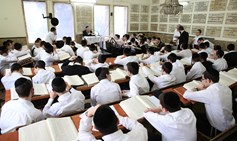
On the Haredi Educational System
Written By: Adv. Shlomit Ravitsky Tur-Paz, Dr. Gilad Malach
This explainer will cover the current structure of the Haredi education system, its pedagogical requirements and the budgets it receives from the Government.
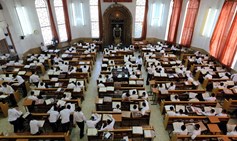
Mass Tracking of Boys to Yeshivas Comes at the Price of Excellence
Written By: Prof. Benjamin Porat, Eliyahu Berkovits
The current model of the yeshiva and kollel world, in which all men are channelled for long years of study serves the goal of keeping young ultra-Orthodox men off the secular street. Paradoxically, the main victim is the Torah world itself.
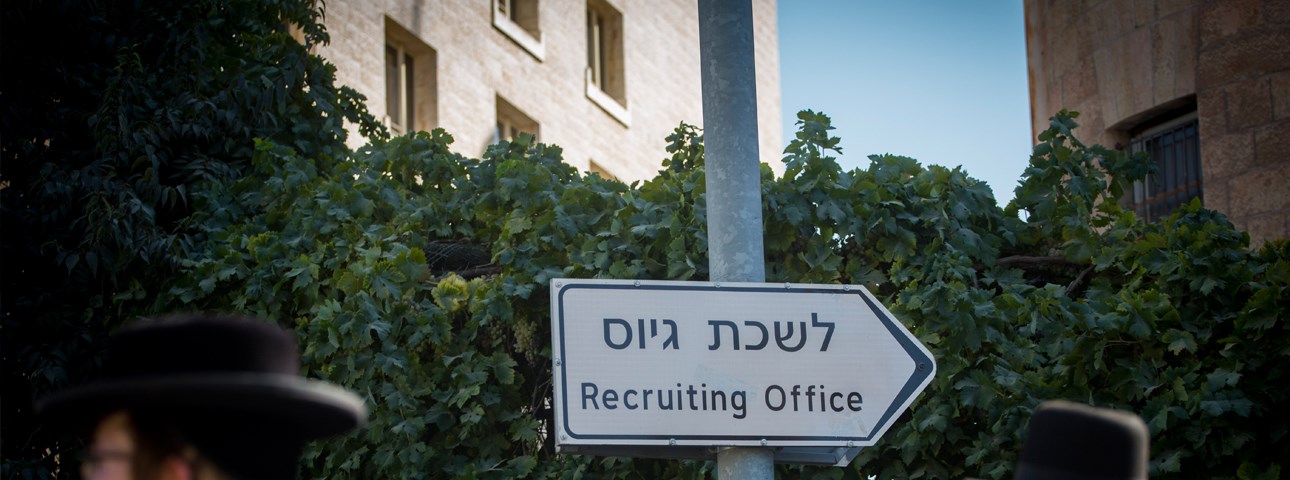
The IDF ‘Israel Service’ Plan is Complicated and Costly
Written By: Dr. Asaf Malchi
How would different tracks of enlistment change the longstanding Israeli ethos of service and sacrifice for the state and society?
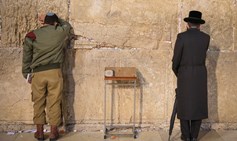
The Government Bill for the Exemption of Ultra-Orthodox (Haredi) Men from IDF Service: A Brief Guide
Written By: Adv. Shlomit Ravitsky Tur-Paz, Dr. Gilad Malach
The ultra-Orthodox (Haredi) Conscription bill, if passed into law, would in effect, allow Haredi men to totally avoid military service.
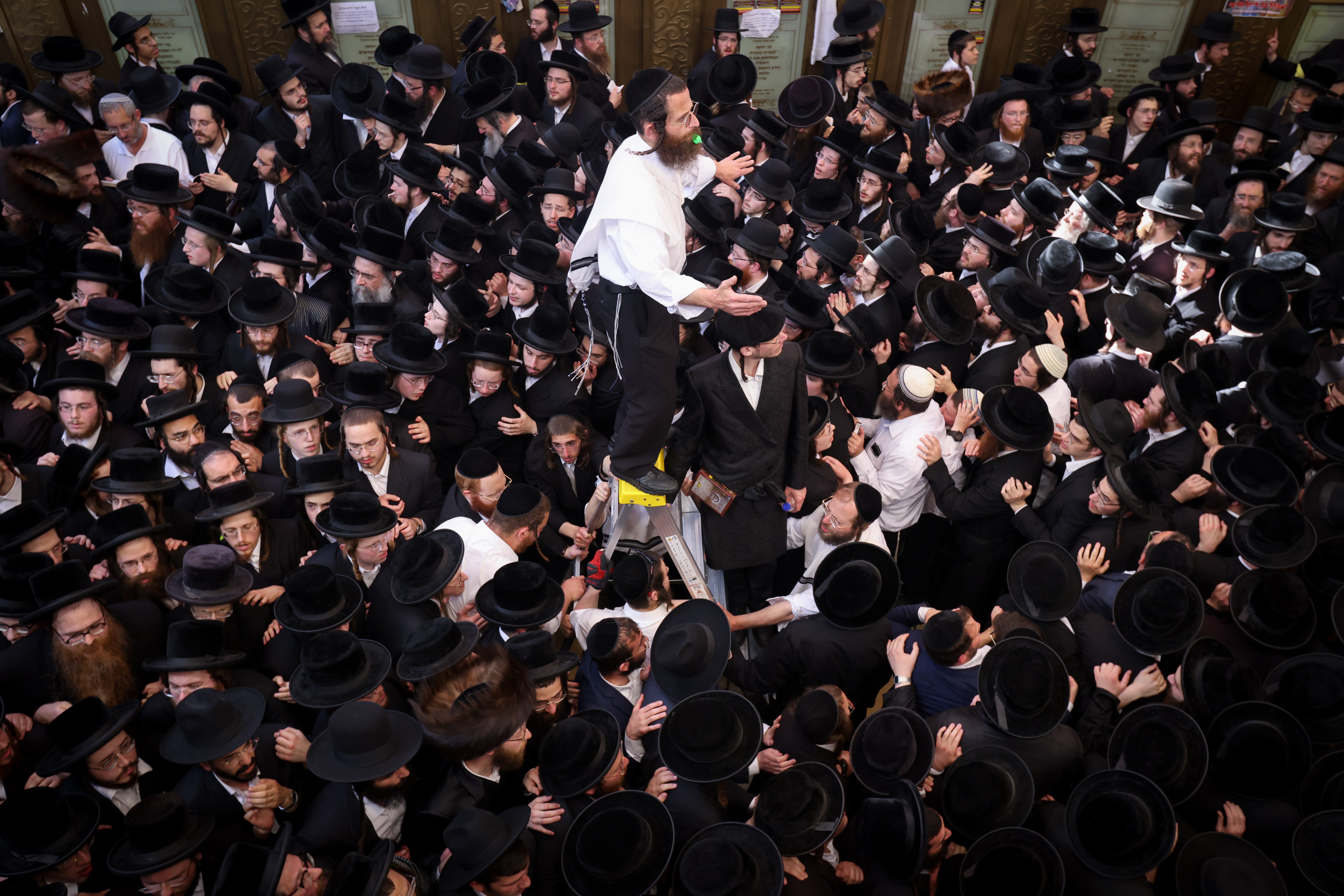
The Meron Disaster as Reflected in Ultraorthodox (Haredi) Society Media
Written By: Dr. Rivka Neriya Ben-Shahar
For years, ultra-Orthodox leadership has been protesting that the internet will bring rack and ruin on the entire community and on individual users, however, the internet and especially the social networks, play a major role in the internal reforms that the ultra-Orthodox must introduce.
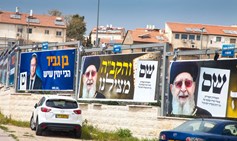
Are Israel's Haredim Leaning Left or Right?
Written By: Eliyahu Berkovits
The deep fear expressed by the leadership of Israelis haredim is not of external criticism, but of an internal blurring of identity and straying from the path.

Faust is Dressed like an Ultra-Orthodox Jew
Written By: Eliyahu Berkovits
The law for “adequate and appropriate representation” that is progressing along the Knesset legislative path is neither just, nor fair; it is neither wise nor ethical. And above all, it is not ultra-Orthodox.

Knowledge of Languages, Wellbeing, Transportation and Road Safety
Written By: Dr. Lee Cahaner, Dr. Gilad Malach
Sixth chapter of six of the 'Statistical Report on Ultra-Orthodox Society in Israel'

Population
Written By: Dr. Lee Cahaner, Dr. Gilad Malach
First chapter of six of the 'Statistical Report on Ultra-Orthodox Society in Israel'

Education
Written By: Dr. Lee Cahaner, Dr. Gilad Malach
Second chapter of six of the 'Statistical Report on Ultra-Orthodox Society in Israel'

Standard of Living
Written By: Dr. Lee Cahaner, Dr. Gilad Malach
Third chapter of six of the 'Statistical Report on Ultra-Orthodox Society in Israel'

Employment
Written By: Dr. Lee Cahaner, Dr. Gilad Malach
Fourth chapter of six of the 'Statistical Report on Ultra-Orthodox Society in Israel'

Lifestyles
Written By: Dr. Lee Cahaner, Dr. Gilad Malach
Fifth chapter of six of the 'Statistical Report on Ultra-Orthodox Society in Israel'
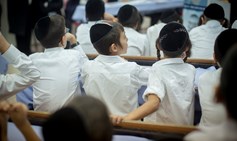
English Studies for Ultra-Orthodox Boys - Study
Written By: Dr. Ariel Finkelstein
A new IDI study finds that 26% of ultra-Orthodox men say they don’t know English at all and an additional 28% say their English is "poor."
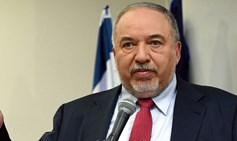
Employment Incentives for the Haredi Community are a Mix of ‘Carrots’ and ‘Sticks’
Written By: Dr. Gilad Malach
Finance Minister Liberman’s employment incentives for members of the ultra-Orthodox (Haredi) community are a "mix of ‘carrots’ and ‘sticks’ and could encourage members of the Haredi community to join the labor market - however elements of the plan could also expand the existing trend of part-time employment.
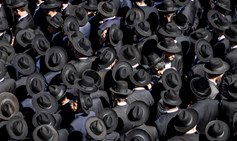
An Increase Among Ultra-Orthodox Men Enrollment in Higher Education and Yeshivas
Written By: Dr. Gilad Malach, Dr. Lee Cahaner
Ultra-Orthodox Jews now make up 13% of Israelis, and are continuing to grow rapidly. In 2020, the pandemic led to an increase in the number of applicants for professional and academic training, especially among ultra-Orthodox men
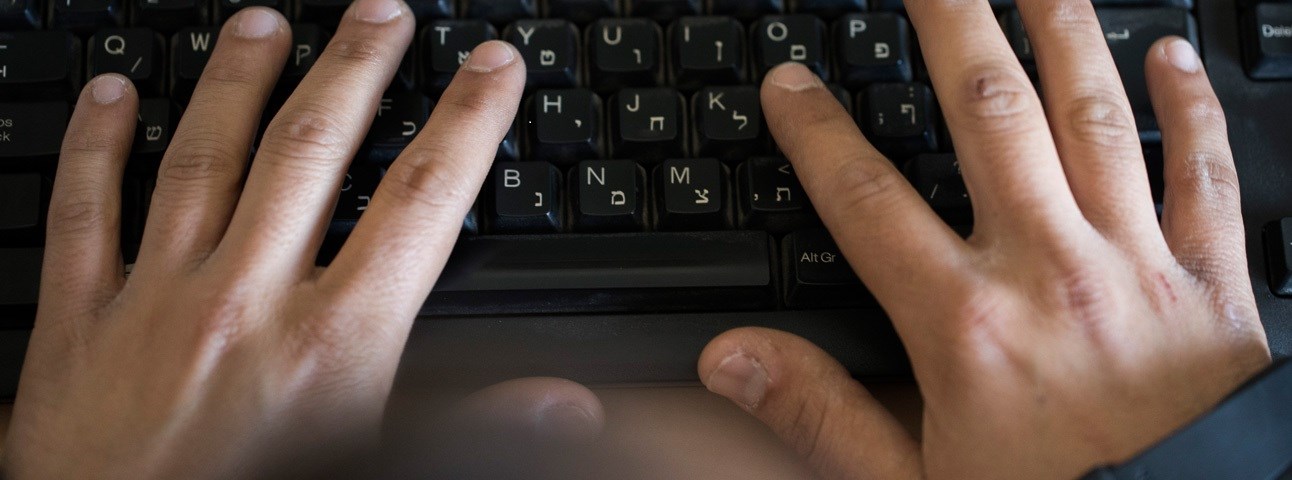
Two Thirds of Ultra-Orthodox Are Online
Written By: Dr. Gilad Malach, Dr. Lee Cahaner
Despite public criticism, two thirds of ultra-Orthodox Israelis are now online
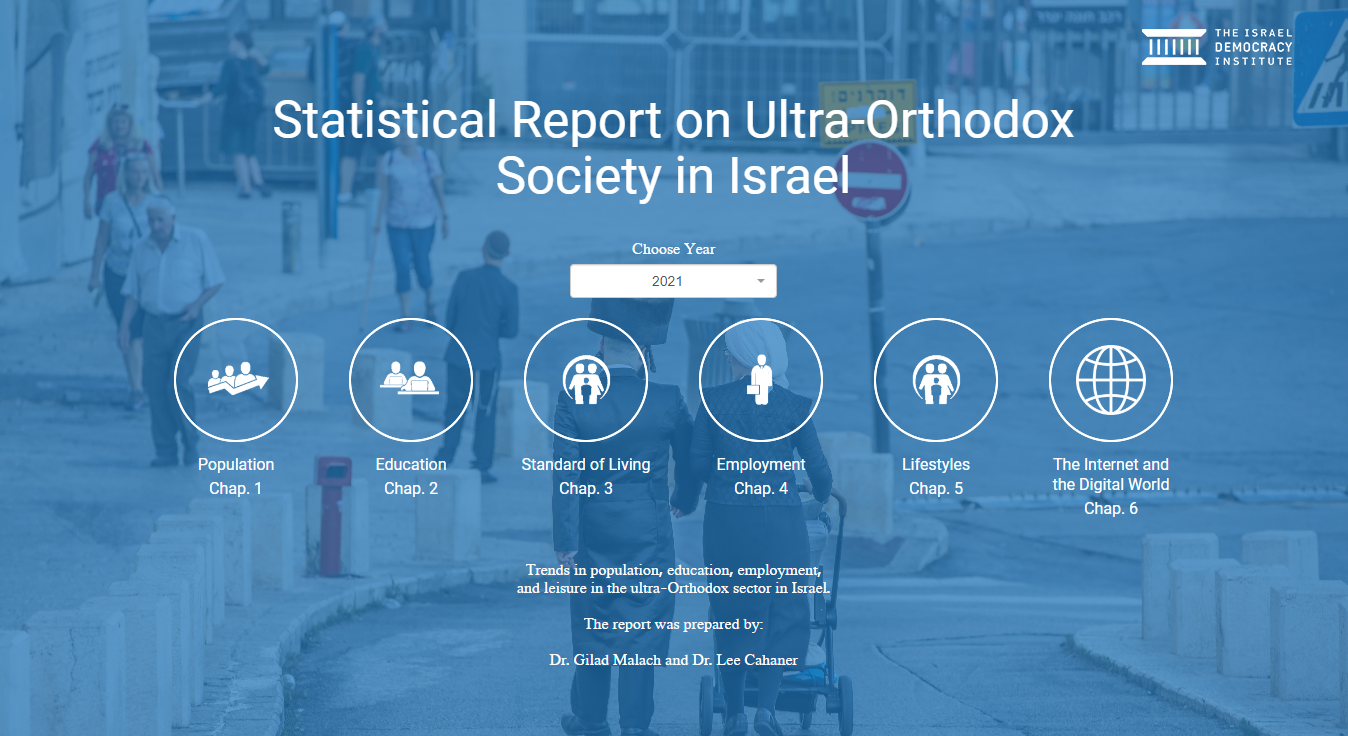
Standard of Living
Written By: Dr. Lee Cahaner, Dr. Gilad Malach
Third chapter of six of the 'Statistical Report on Ultra-Orthodox Society in Israel'

Employment
Written By: Dr. Lee Cahaner, Dr. Gilad Malach
Fourth chapter of six of the 'Statistical Report on Ultra-Orthodox Society in Israel'

Lifestyles
Written By: Dr. Lee Cahaner, Dr. Gilad Malach
Fifth chapter of six of the 'Statistical Report on Ultra-Orthodox Society in Israel'

The Internet and the Digital World
Written By: Dr. Lee Cahaner, Dr. Gilad Malach
Sixth chapter of six of the 'Statistical Report on Ultra-Orthodox Society in Israel'

Population
Written By: Dr. Lee Cahaner, Dr. Gilad Malach
First chapter of six of the 'Statistical Report on Ultra-Orthodox Society in Israel'
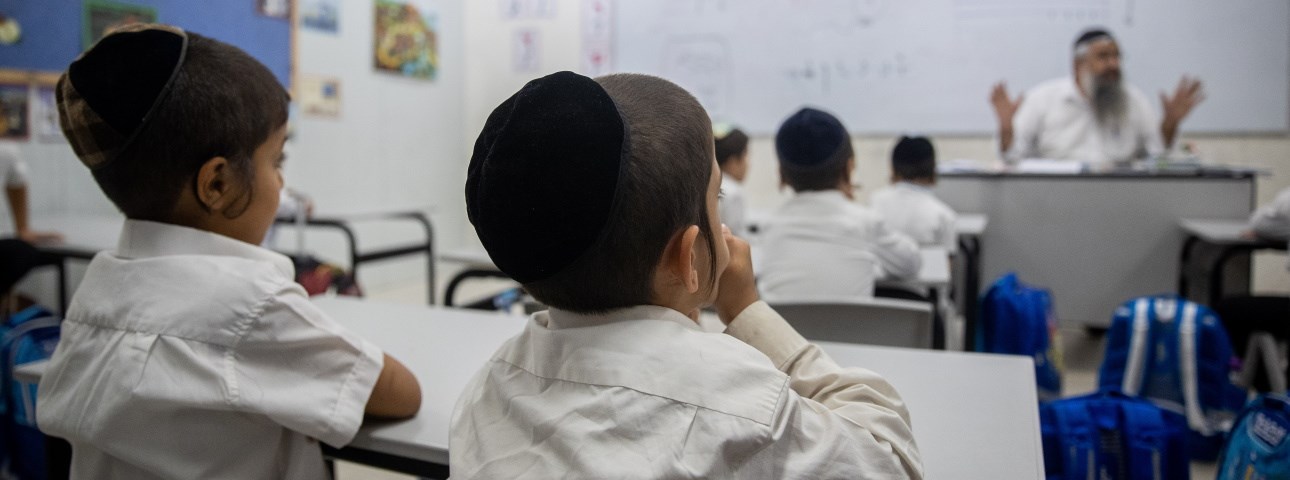
Dramatic Rise in the Number of Sexual Abuse Cases Treated by Social Service Departments in Ultra-Orthodox Local Authorities
Written By: Dr. Ariel Finkelstein
Growing willingness to report sexual abuse in ultra-Orthodox society: The last two decades have seen a dramatic rise in the number of cases of sexual abuse or violence against children treated by social service agencies in ultra-Orthodox local authorities, where today- the rate of abuse is higher than in other local authorities
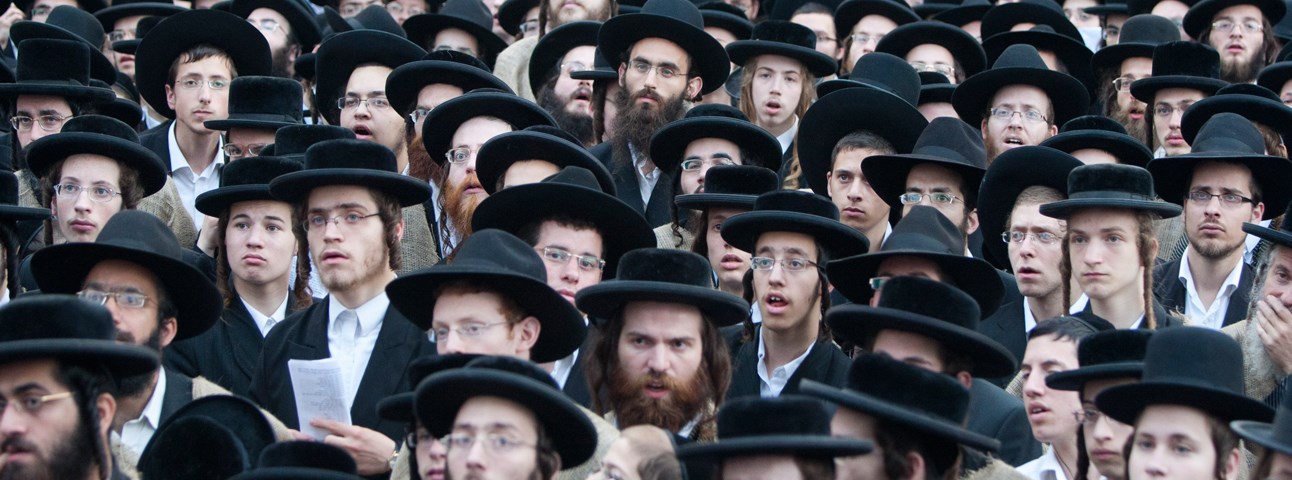
Two Wrongs Don’t Make a Right
Written By: Prof. Amichai Cohen, Prof. Yuval Shany
Even if we accept the argument that lowering the exemption age exacerbates existing discrimination, we should still assess the proportionality of this harm. Basic rights such as equality are not absolute, and are sometimes subject to restrictions in the face of a pressing public interest.

Lowering the Age of Exemption will Lead Thousands of Haredim into the Labor Force
Written By: Yohanan Plesner , Dr. Gilad Malach
Congratulations to the Bennett government on approving the outline for lowering the age of the students exempted from service in the IDF to 21. This is a vital and necessary step that the Israel Democracy Institute has recommended in recent years. A kind of necessary evil that will lead in the short term to the entry of about 5,000 ultra-Orthodox into the labor market and thousands more in the coming years.
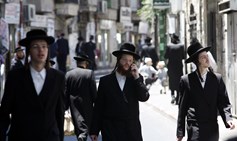
Lowering the Exemption Age for Military Service
Written By: Dr. Gilad Malach
Survey finds lowering the exemption age is not likely to reduce the number of ultra-Orthodox conscripts to the IDF, however it will encourage thousands of ultra-Orthodox men to enter the workforce.

Education
Written By: Dr. Lee Cahaner, Dr. Gilad Malach
Second chapter of six of the 'Statistical Report on Ultra-Orthodox Society in Israel'
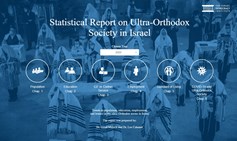
Population
Written By: Dr. Gilad Malach, Dr. Lee Cahaner
First chapter of six of the 'Statistical Report on Ultra-Orthodox Society in Israel'

Education
Written By: Dr. Gilad Malach, Dr. Lee Cahaner
Second chapter of six of the 'Statistical Report on Ultra-Orthodox Society in Israel'

IDF or Civilian Service
Written By: Dr. Gilad Malach, Dr. Lee Cahaner
Third chapter of six of the 'Statistical Report on Ultra-Orthodox Society in Israel'

Employment
Written By: Dr. Gilad Malach, Dr. Lee Cahaner
Fourth chapter of six of the 'Statistical Report on Ultra-Orthodox Society in Israel'

Standard of Living
Written By: Dr. Gilad Malach, Dr. Lee Cahaner
Fifth chapter of six of the 'Statistical Report on Ultra-Orthodox Society in Israel'

COVID-19 and Ultra-Orthodox Society
Written By: Dr. Gilad Malach, Dr. Lee Cahaner
Sixth chapter of six of the 'Statistical Report on Ultra-Orthodox Society in Israel'
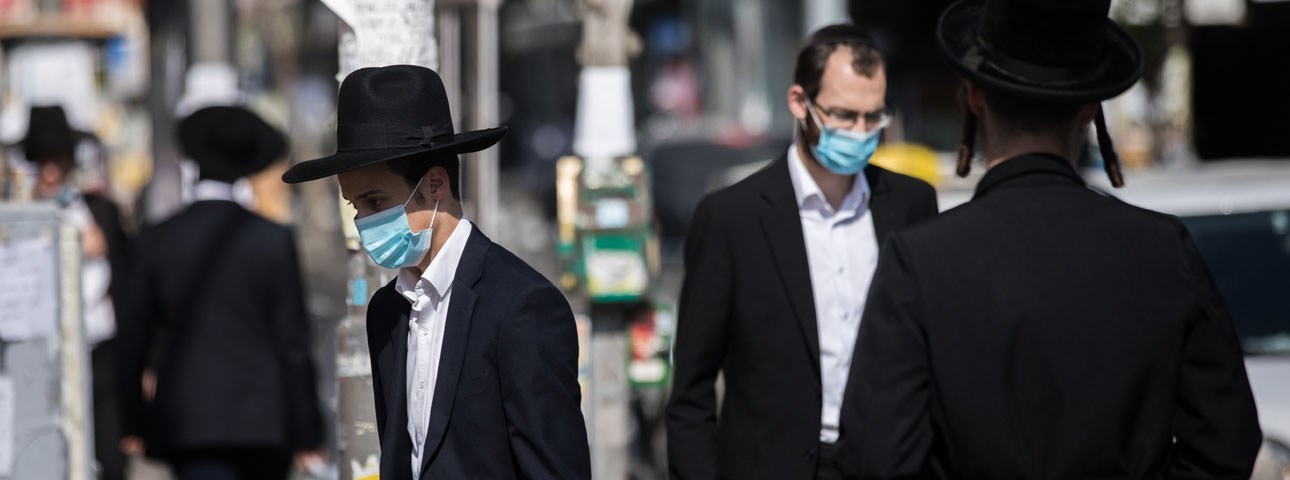
Haredim Trust Rabbis More Than the Health Ministry on COVID-19
Written By: Prof. Tamar Hermann, Dr. Or Anabi
62% of Haredim have very little or no confidence in Prime Minister Netanyahu's Handling of COVID-19; 60% think decision makers are guided mostly or only by political concerns

Transitions Between Religious Groups among Israeli Jews: Abstract
Written By: Gabriel Gordon
This study provides first-ever reliable estimate of the rate and scope of transitions into and out of the ultra-Orthodox community; an analysis made possible thanks to innovative methodology and a rich dataset.
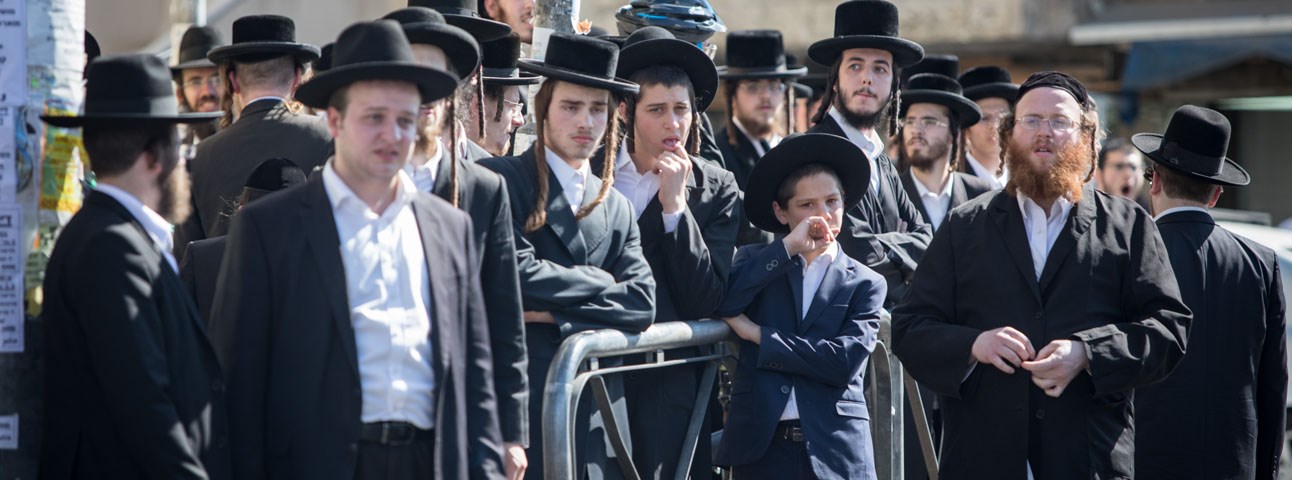
Ultra-Orthodox Non-Compliance Rests on Fear
Written By: Dr. Shuki Friedman
In the second wave of the pandemic it seems that many ultra-Orthodox rabbis are assigning higher priority to 'customer retention' than to the clear halakhic imperative to preserve health and life
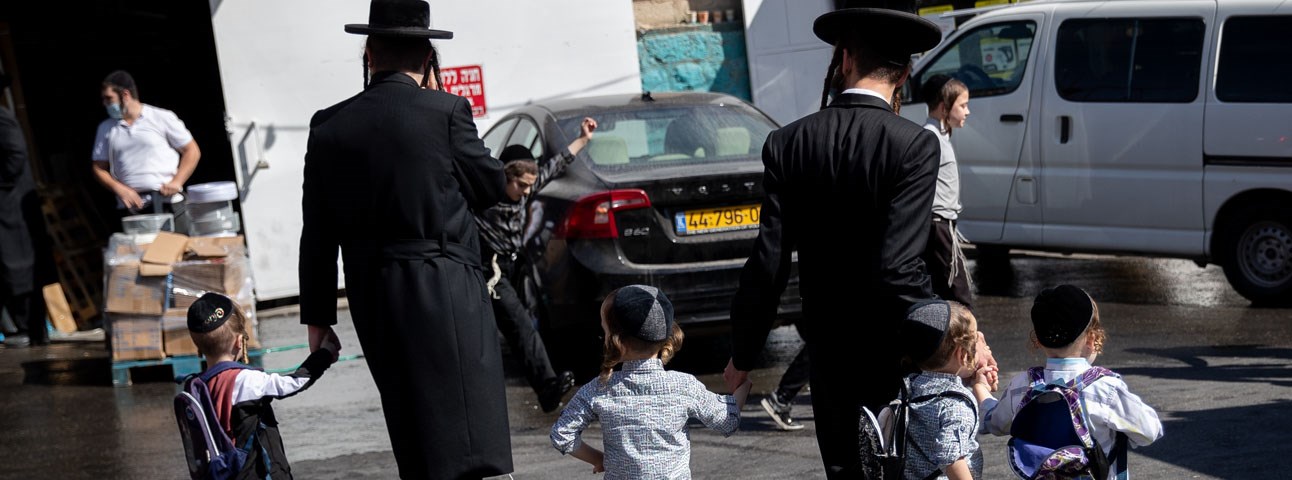
An Organized Civil Disobedience Campaign
Written By: Prof. Yedidia Z. Stern
Rabbi Kanievsky’s decision to disregard the law and open ultra-Orthodox schools is the first time in Israeli history that we are seeing something that approaches a call for mass civil disobedience orchestrated by a key public figure.
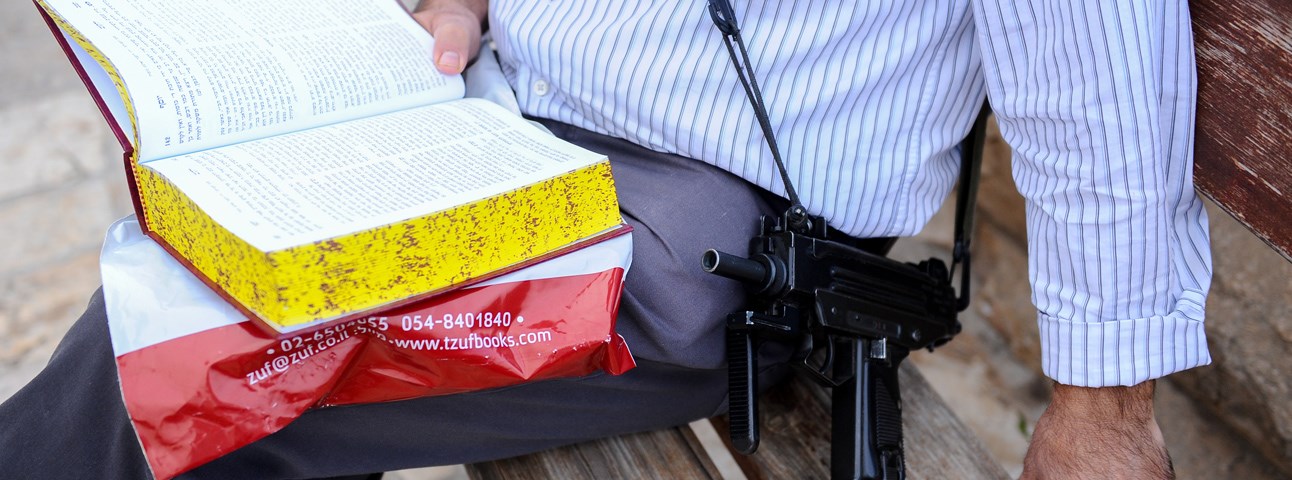
The Dissonance of Israel’s “Hardalim”
Written By: Yair Sheleg
How does Israel’s national-ultra-Orthodox population (“Hardalim”) combine ideals of the "new Jew" with their ultra-Orthodox religious world view?
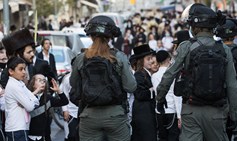
What Do You Do When there’s a Hole in the Boat?
Written By: Colonel (Res.) Dr. Liron A. Libman
The handwriting was on the wall. Since the founding of the State, rabbis have served as middlemen between the government and the ultra-Orthodox. We must acknowledge that this approach has failed miserably.

At the Crossroads: The Ultra-Orthodox Community and Israeli Society
Written By: Dr. Shuki Friedman
The coronavirus crisis proves once again that the lives of all Israelis are intertwined with those of the ultra-Orthodox and the country cannot be sustained with an autonomy living behind closed walls. Without shared responsibility for public health - 'normal life' will not be possible the post-COVID-19 era

The Complex Dissonance of Israel’s Hardalim
Written By: Yair Sheleg
Israeli secularism has largely abandoned the ideal of the “new Jew” in recent decades, but religious Zionism has remained fervently loyal to it
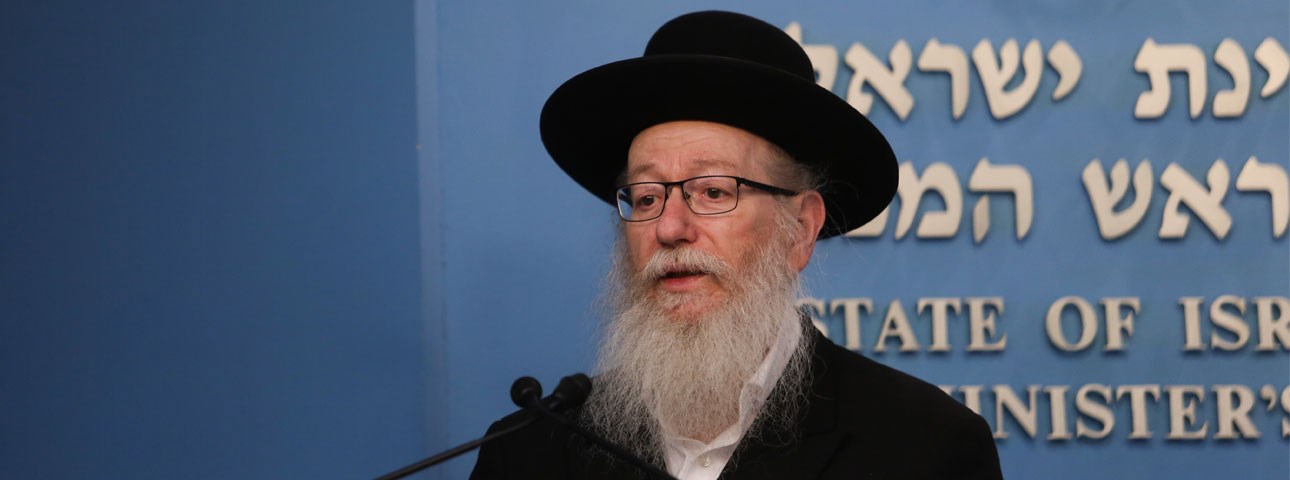
Haredim - High Level of Distrust of Government Policies
Dr. Gilad Malach, Director of IDI's Ultra-Orthodox in Israel program on MK Ya'acov Litzman's resignation from the Cabinet: "Indicative of a very strong sentiment among the ultra-Orthodox community where there is currently a high level of distrust of government policies."
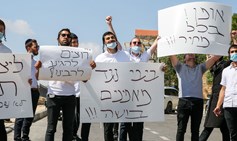
Haredim Lose Faith in their Political Parties
Written By: Dr. Gilad Malach
Ultra-Orthodox communities have been very critical of their political leaders for not advocating vigorously enough on their behalf at the beginning of the COVID crisis. Now, the ultra-Orthodox parties are at the forefront of the contentious demand to permit mass travel to Uman.
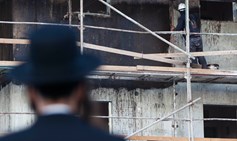
The New Housing Plan: A Grand Plan with Fine Print
Written By:
Subsidizing cheap old apartments in poor towns won't solve the housing shortage for the ultra-Orthodox, but it will destroy those towns' social fabric
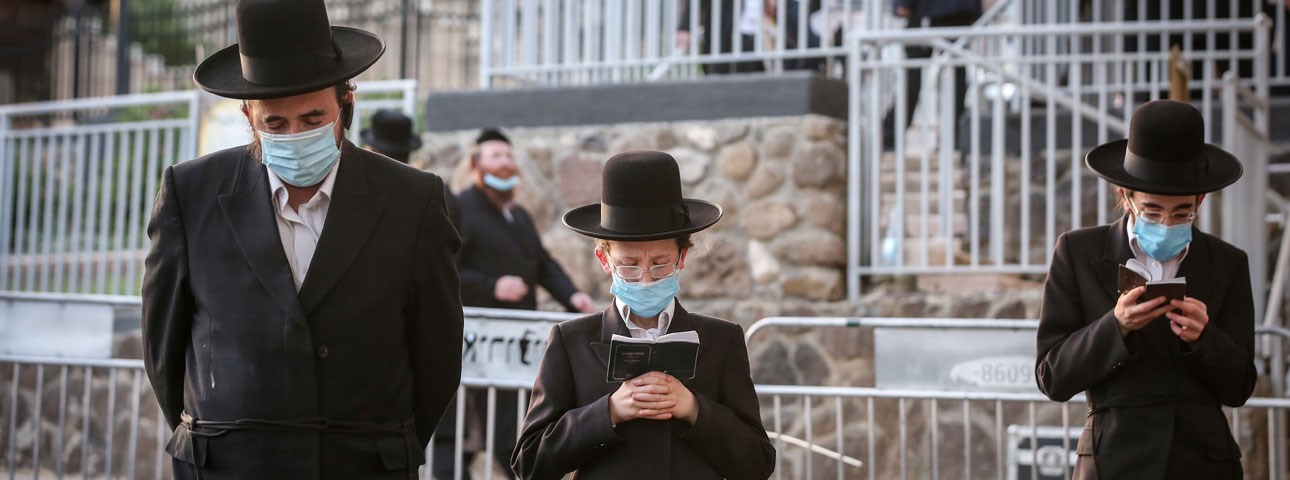
Integration of the Ultra-Orthodox the Wake of the Coronavirus
Written By: Dr. Gilad Malach, Ruben Gorbat
In wake of the coronavirus pandemic, IDI experts present a status report on the current state of Israel's ultra-Orthodox community as well as policy recommendations for how to better integrate them into Israeli society
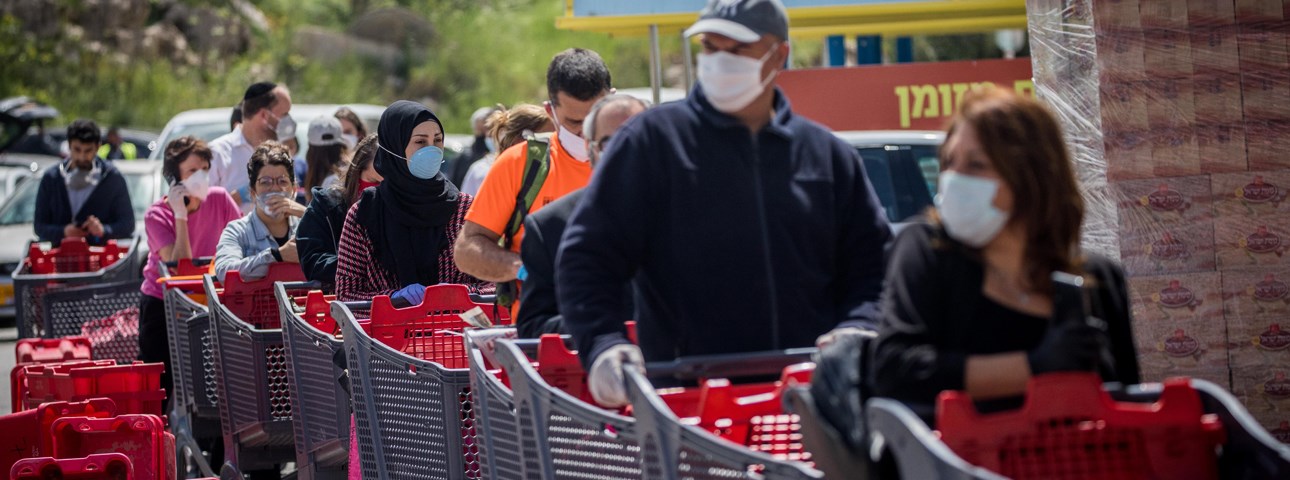
Second Wave is a Matter of Time
More than half of Israelis think a second wave is a matter of time and 39% think that the return to normalcy is too fast
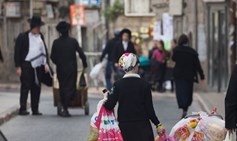
The Impact of the Corona Crisis on the Ultra-Orthodox Community
Written By: Prof. Tamar Hermann, Dr. Or Anabi
The corona crisis has had serious economic repercussions for many households, including for members of Israel's ultra-Orthodox community. Survey findings indicate that while most of the ultra-Orthodox plan to cut back on their current expenditures, there are also quite a few households in which one of the spouses plans on increasing the scope of his or her employment, and in about one-fifth of the households- one of the spouses who has not previously worked, intends to now join the workforce.

Decade-Long High in Israelis' 'Sense of Belonging'
Special IDI Independence Day survey 92.5% of Jewish-Israelis and 77% of Arab-Israelis feel a part of Israel and its problems.

Coronavirus and Haredi and Arab Communities
Written By: Yair Sheleg
In recent years, many comparisons have been made between two communities in Israel - the ultra-Orthodox and Arab Israelis. The coronavirus crisis has brought previously held assumptions into question.
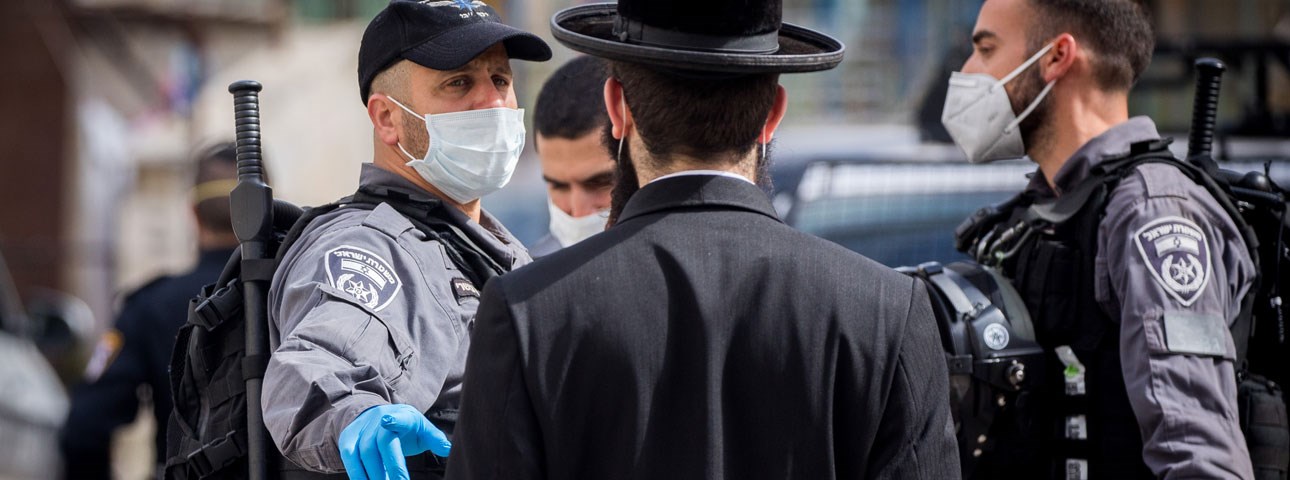
The Yom Kippur of the Ultra-Orthodox
Written By: Prof. Yedidia Z. Stern
The tragic results of initial faulty advice from leading rabbis is a wake-up call to Haredi Jews to start making their own decisions.
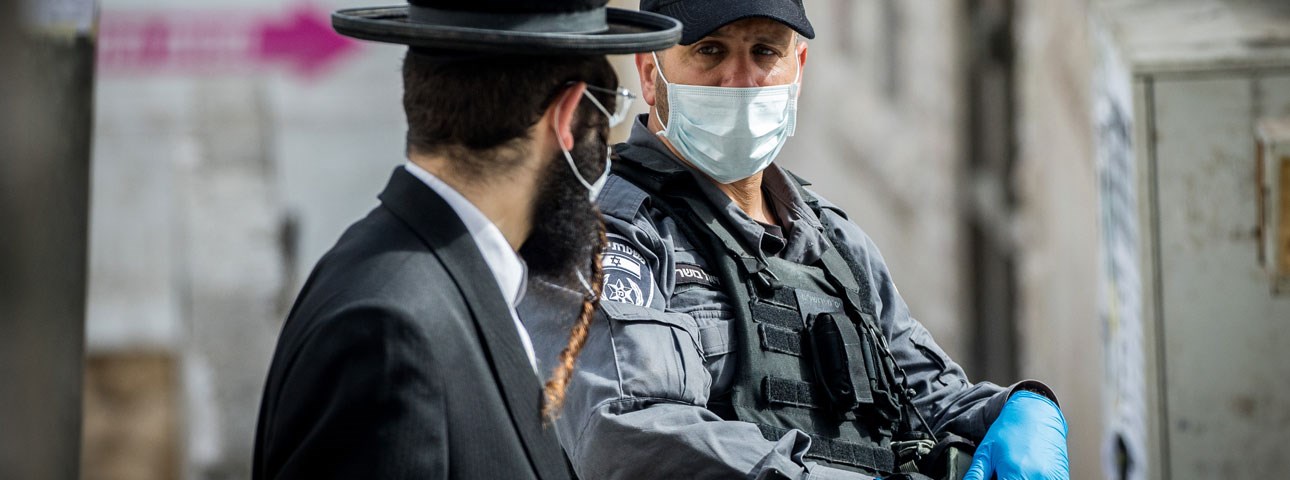
Ultra-Orthodox Society in Israel and the Coronavirus Pandemic
Written By: Dr. Gilad Malach
Dr. Gilad Malach held a press briefing focused on the coronavirus’ effect on the ultra-Orthodox in Israel and what might be the long term implications for employment, use of technology and the attitude towards official state authorities in this often isolated community.

Curbing the Coronavirus Among the Ultra-Orthodox: Explainer
Written By: Dr. Gilad Malach, Leehe Friedman
How can we curb the spread of the coronavirus in the ultra-Orthodox community in Israel? IDI experts explain

A Blow to the IDF as the ‘People’s Army’
Written By: Prof. Yedidia Z. Stern
A proposal by the panel appointed to investigate ultra-Orthodox enlistment to lower the exemption age defies multiple High Court rulings
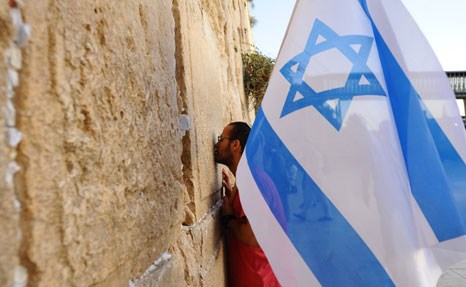
Towards a New Covenant on Religion and State in Israel
Written By: Dr. Shuki Friedman
After years of struggles over issues related to religion and state, we hereby agree to adopt a new approach, which will create a covenant to provide a new system of arrangements and agreements to strengthen the link between the Israeli public and the Jewish identity of the State of Israel.
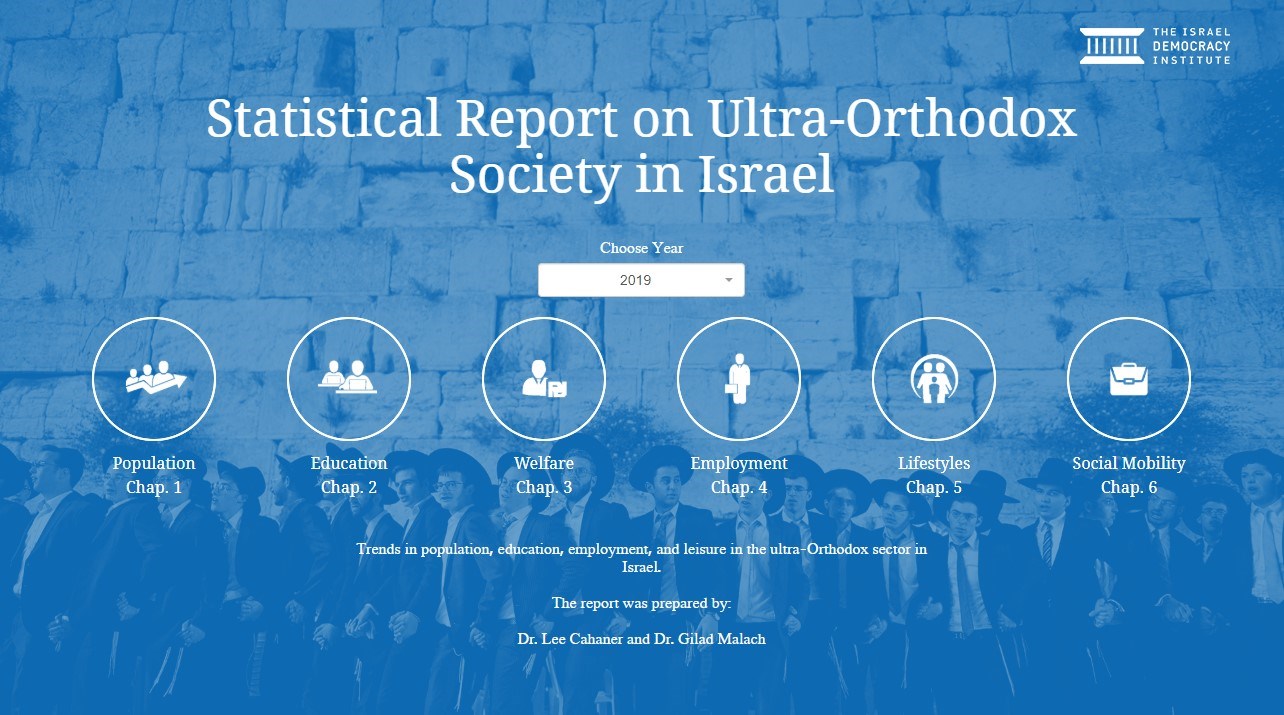
IDF or Civilian Service
Written By: Dr. Lee Cahaner, Dr. Gilad Malach
Third chapter of six of the 'Statistical Report on Ultra-Orthodox Society in Israel'

Employment
Written By: Dr. Lee Cahaner, Dr. Gilad Malach
Fourth chapter of six of the 'Statistical Report on Ultra-Orthodox Society in Israel'

Standard of Living
Written By: Dr. Lee Cahaner, Dr. Gilad Malach
Fifth chapter of six of the 'Statistical Report on Ultra-Orthodox Society in Israel'

Social Mobility
Written By: Dr. Lee Cahaner, Dr. Gilad Malach
Sixth chapter of six of the 'Statistical Report on Ultra-Orthodox Society in Israel'

Population
Written By: Dr. Lee Cahaner, Dr. Gilad Malach
First chapter of six of the 'Statistical Report on Ultra-Orthodox Society in Israel'

Education
Written By: Dr. Lee Cahaner, Dr. Gilad Malach
Second chapter of six of the 'Statistical Report on Ultra-Orthodox Society in Israel'

The Decade in Review: Religion and State
Written By: Dr. Shuki Friedman
Israel's once sacrosanct status quo seems less relevant than ever, with the essence of what it means to be a Jewish state in flux and at stake.
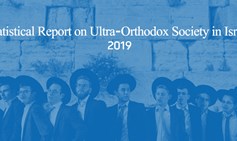
IDI Releases 2019 Statistical Report on Haredi Society in Israel
"More Yeshiva students" and "Haredi women are driving growth" - are just some of the highlights of the new report.

2019 Statistical Report on Ultra-Orthodox Society in Israel: Highlights
Written By: Dr. Gilad Malach, Dr. Lee Cahaner
The 2019 Statistical Report on Ultra-Orthodox Society in Israel provides both a snapshot of the ultra-Orthodox in Israel today and an analysis of trends characterizing this community in recent decades, in key areas such as demography, education, employment, and use of leisure time.

What Really Lies behind the Rabbis’ Directive on Modesty?
Written By: Dr. Idit Shafran Gittleman
What really lies behind the most recent rabbinical directive on modesty in the IDF - and how does it pits religious soldiers against IDF's core values to the extent of risking insubordination.
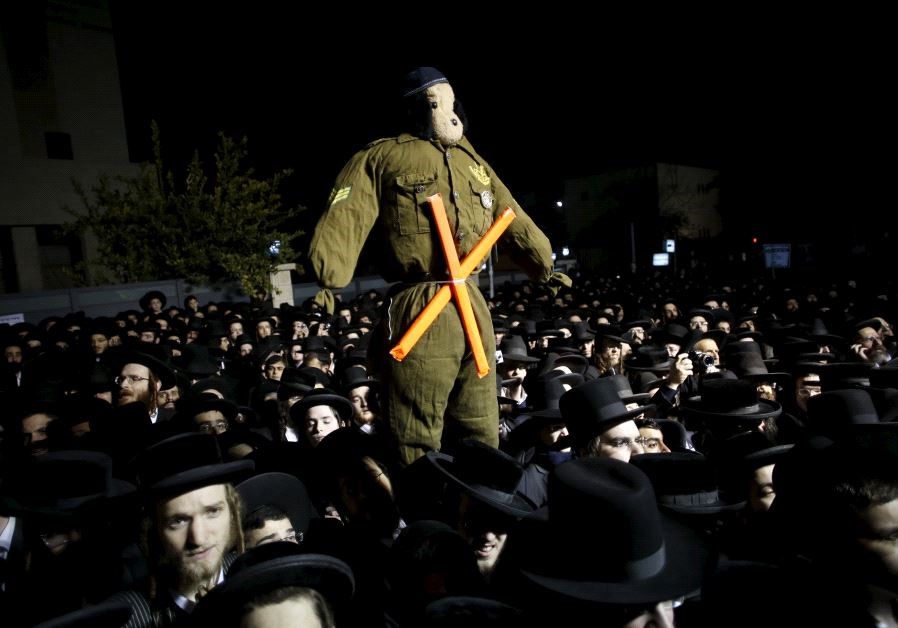
Ultra-Orthodox Service in the IDF: An Ongoing Struggle
Written By: Dr. Gilad Malach
The tension between the "military service for all" and "exemption for all" represents the tradeoff between the quest for equality and the existing political-social reality.
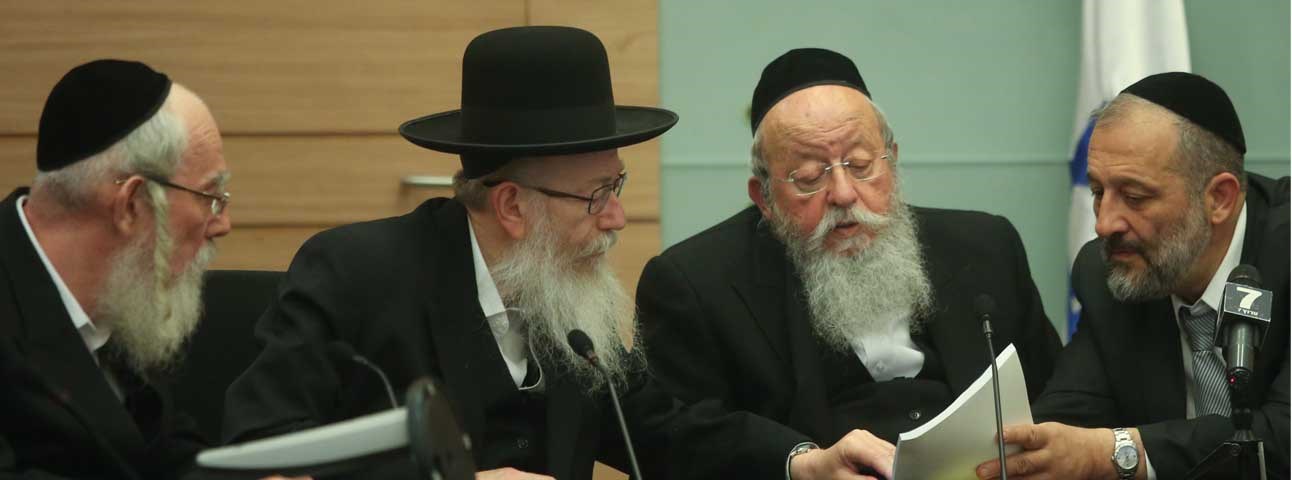
A Pyrrhic Victory
Written By: Dr. Gilad Malach
The results speak for themselves. Shas, headed by Arye Deri, registered a resounding success with traditional voters. But is this a long term victory?
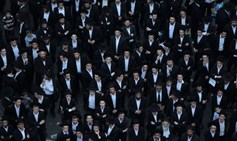
Misery Loves Company
Written By: Dr. Asaf Malchi
In light of their demographic growth, the ultra-Orthodox community in Israel have to attempt to become part of in the broader Israeli society.
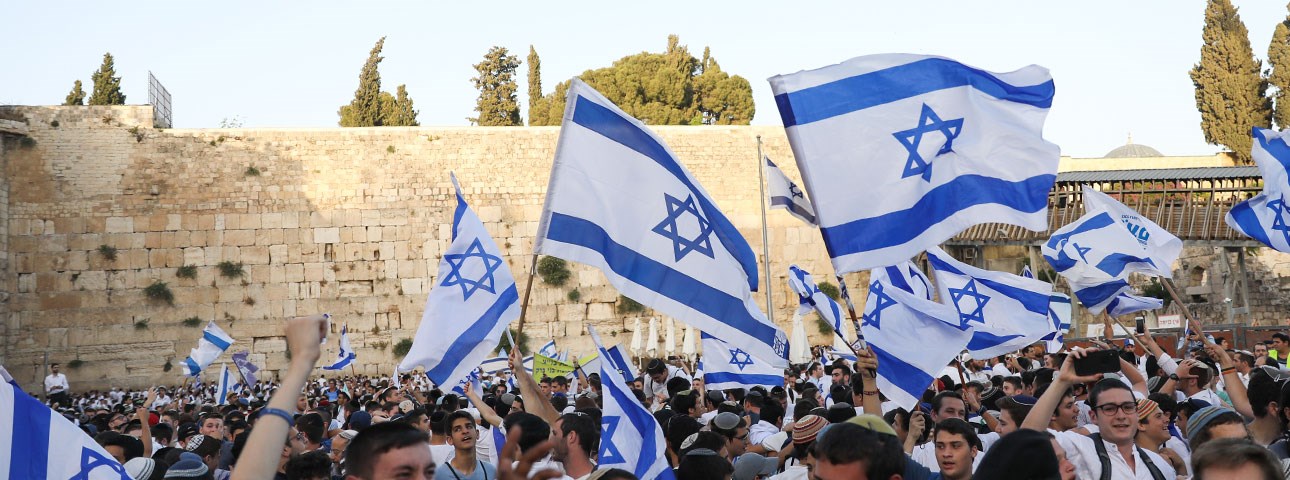
Religion and State: Israelis Seek Change in Existing Arrangements
Even though most Israelis support opening businesses & public transportation on Shabbat issues of religion and state will not decide the September elections
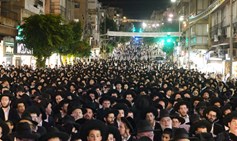
Perceptions on Citizenship among Ultra-Orthodox Israelis
Written By: Dr. Asaf Malchi
Despite the fact that the State of Israel and its central institutions are essentially secular and reflect a Zionist self-image, according to data from the 2016 Democracy Index only two-thirds (64%) of ultra-Orthodox Israelis report having a strong sense of belonging to the state.
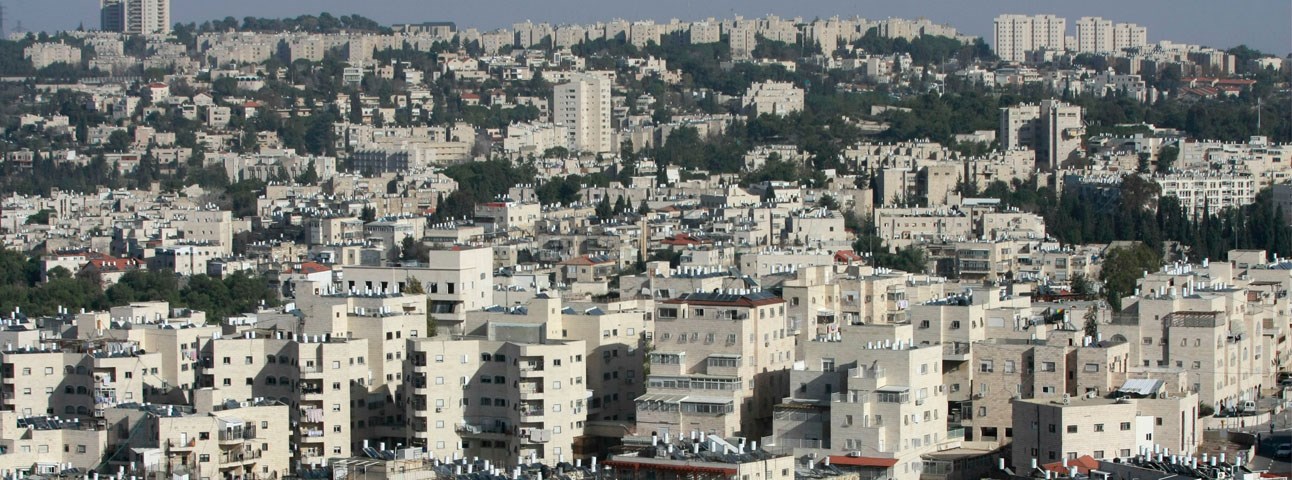
The Next Destination of Young Ultra-Orthodox Couples
Written By:
How do young ultra-Orthodox couples cope with the housing crisis? The most recent figures on home-buying point to a change of the trend in the ultra-Orthodox internal migration. This change poses a challenge, but also an opportunity. How should the state respond?

The Ultra-Orthodox Community on the Conservatism-Modernism Spectrum
Written By: Dr. Lee Cahaner
Israel’s ultra-Orthodox sector is less homogeneous than most assume.
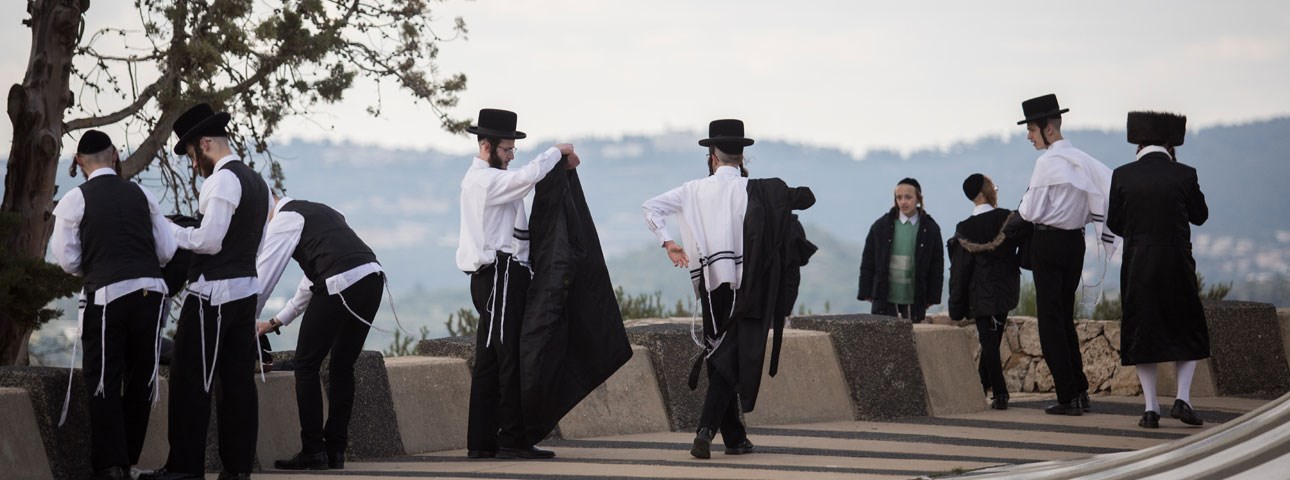
Ultra-Orthodox National Civic Service
Written By: Dr. Asaf Malchi
What is Wrong with the National Civic Service program for the Ultra-Orthodox and How to Reform It?
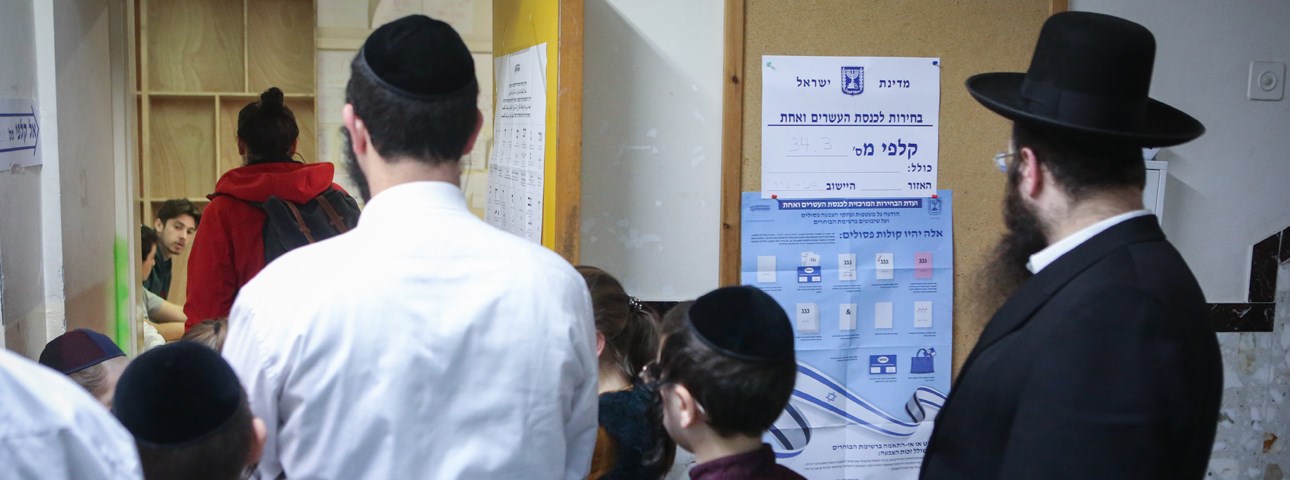
Ultra-Orthodox Streamed to the Polls
Written By: Dr. Gilad Malach
Among the many surprises of last week’s election was the impressive performance by the ultra-Orthodox parties – how can we explain this dizzying success?
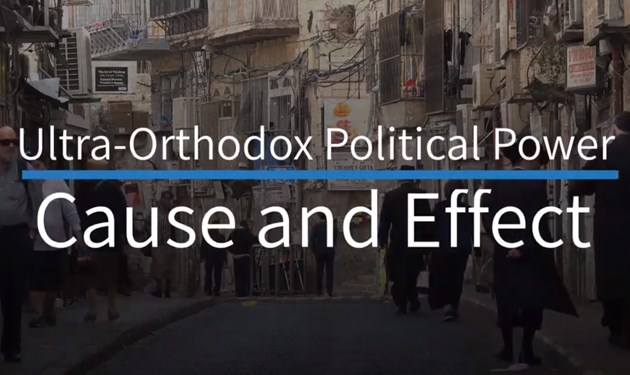
Are Ultra-Orthodox Parties Risking Losing the Allegiance of their Voters?
Written By: Dr. Gilad Malach
For many years the ultra-Orthodox were perceived as “captive voters” who would always comply with their rabbis’ instructions to cast their ballot for ultra-Orthodox parties. In today’s new reality such directives are no longer enough
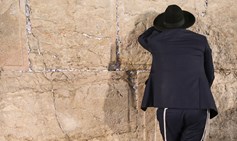
Integrating the Ultra-Orthodox
Written By: Dr. Gilad Malach
The current Knesset undermined policies that promote the integration that is key to ultra-Orthodox well-being; the next Knesset has the capacity to reverse the trend
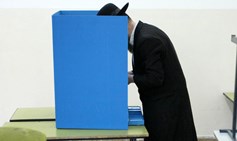
What Do Haredi Voters Really Want?
Written By: Dr. Gilad Malach
Gilad Malach of the Israel Democracy Institute gives the latest electoral trends among Israel’s insular ultra-orthodox Jewish community. Why is a small community so divided, and why are growing numbers of ultra-Orthodox voters leaving the Haredi parties altogether?
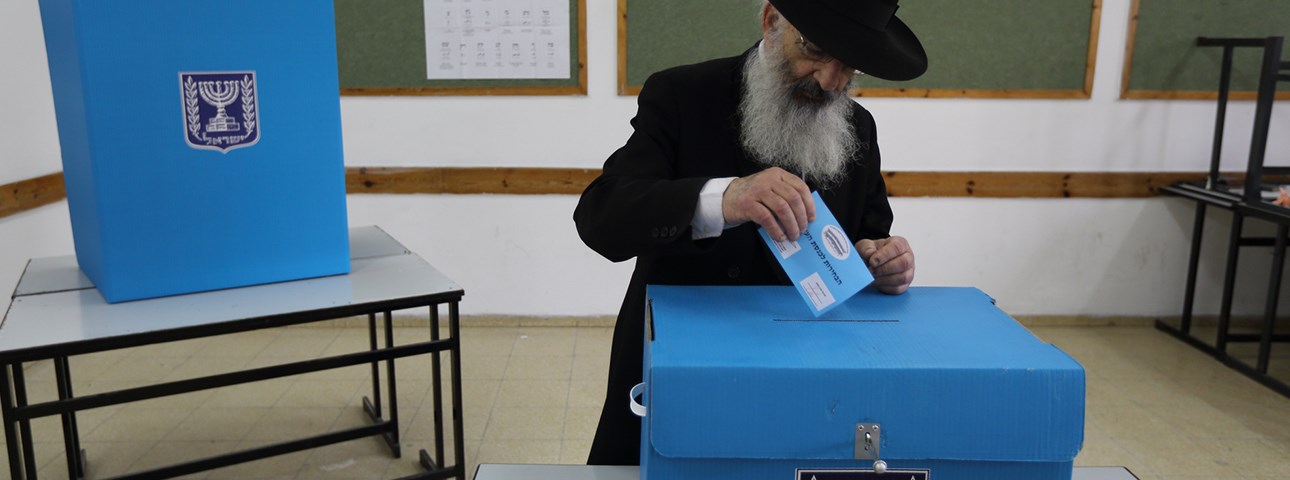
The Growing Power of the Independent Ultra-Orthodox Voter
Written By: Dr. Gilad Malach
In a conversation with Fathom Deputy Editor Calev Ben-Dor, Malach discusses the recent changes that have taken place in ultra-Orthodox society, voting trends within the ‘sector’, and how the onset of technology is affecting voting patterns
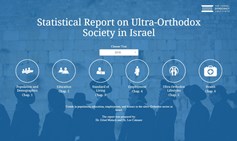
Population and Demographics
Written By: Dr. Gilad Malach, Dr. Lee Cahaner

Education
Written By: Dr. Gilad Malach, Dr. Lee Cahaner

Standard of Living
Written By: Dr. Gilad Malach, Dr. Lee Cahaner
The third out of six chapters of the Statistical Report on Ultra-Orthodox Society in Israel

Employment
Written By: Dr. Gilad Malach, Dr. Lee Cahaner
The fourth out of six chapters of the Statistical Report on Ultra-Orthodox Society in Israel

Ultra-Orthodox Lifestyles
Written By: Dr. Gilad Malach, Dr. Lee Cahaner
The fifth out of six chapters of the Statistical Report on Ultra-Orthodox Society in Israel

Health
Written By: Dr. Gilad Malach, Dr. Lee Cahaner

Ultra-Orthodox Political Parties in Israel—Past, Present, Future
Written By: Dr. Gilad Malach
What is the secret behind the power of the ultra-Orthodox political parties in Israel and how has it changed over the years? The article presents an overview of the development of the ultra-Orthodox political parties in Israel from the establishment of the State as well as insights as to future developments.
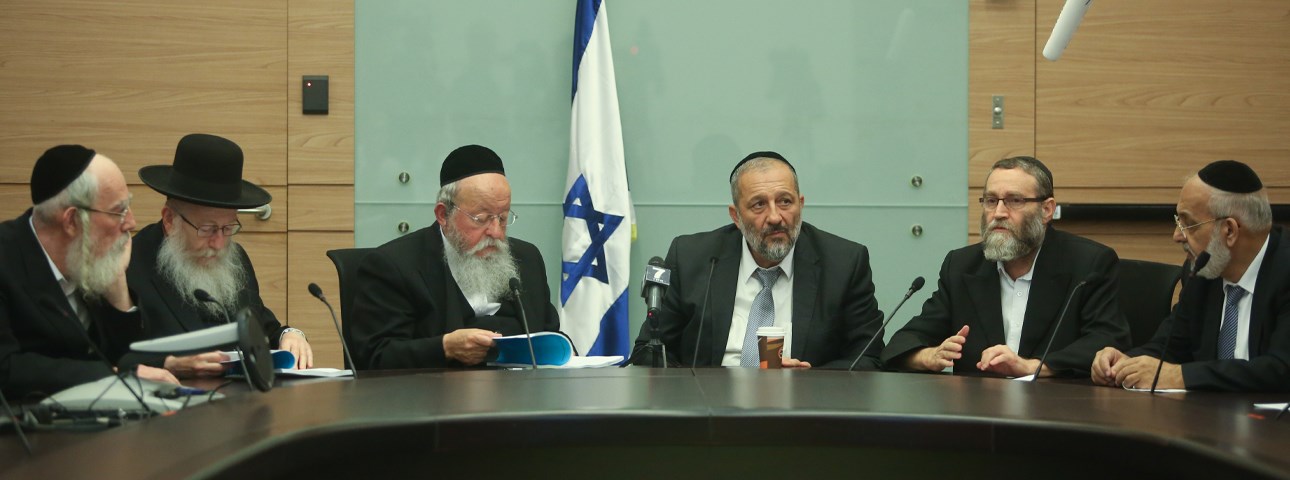
The Haredi Spring
Written By: Dr. Gilad Malach
As election season heats up, Tipping Point host Dr. Gilad Malach of the Israel Democracy Institute and Rabbi Yehoshua Pfeffer to understand how Haredi parties became kingmakers in Israeli politics, why recent polls show a decline in their power and whether there is a chance that Shas and United Torah Judaism will join forces in the current campaign.
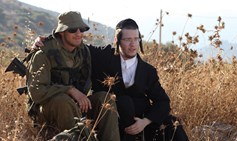
Climbing up the Socioeconomic Ladder: Military Service among the Ultra-Orthodox
Written By: Dr. Asaf Malchi
Even though military service seems to be one of the most blatant threats to the ultra-Orthodox lifestyle, it has become a rather attractive channel for broad segments of the community.
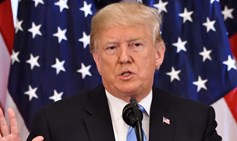
Elections, Security and the Next Government
Written By: Prof. Tamar Hermann, Prof. Ephraim Yaar
The majority of Israelis think that Trump’s decision to withdraw from Syria harms Israel’s security and want a right or center-right government. Read more in the latest Peace Index.

Citizenship and Military Service in Ultra-Orthodox Society
Written By: Dr. Asaf Malchi
More and more ultra-Orthodox (Haredi) Israelis are enlisting in the IDF, driven by personal, financial, and professional motives, with military service seen as an “entrance ticket” to Israeli society and to the labor market. But military service also introduces them to the shared components of identity and citizenship linking them to the state and its values, and enabling them to identify with others, from outside their community.

Modern-Ultra-Orthodox: Israel’s Haredi Community at a Crossroads
Written By: Dr. Gilad Malach
Dr. Gilad Malach, head of the ultra-Orthodox research program at the Israel Democracy Institute, discusses the findings of the 2018 statistical report on the ultra-Orthodox society in Israel
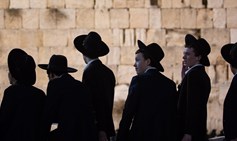
2018 Statistical Report on Ultra-Orthodox Society in Israel
Written By: Dr. Gilad Malach, Dr. Lee Cahaner
IDI’s 2018 report on ultra-Orthodox society is out - shedding light on changing trends in population, education, employment, and leisure in the ultra-Orthodox community in Israel.
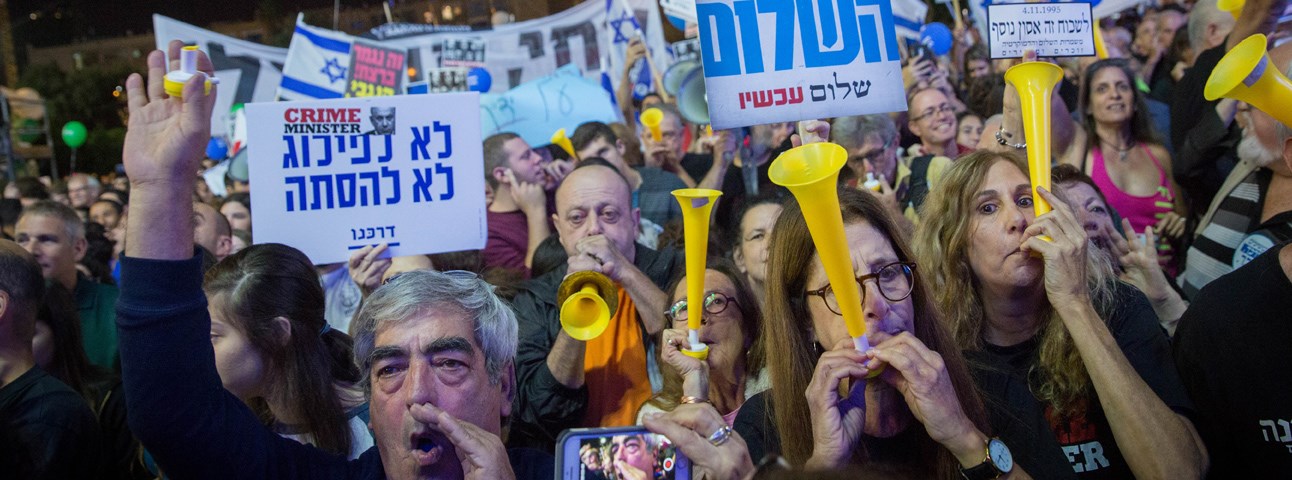
Beit Shemesh and Tel Aviv
Written By: Prof. Yedidia Z. Stern
How despicable is a mob that calls for non-partisanship but is unwilling to listen to a voice that speaks for a majority of Israelis today?
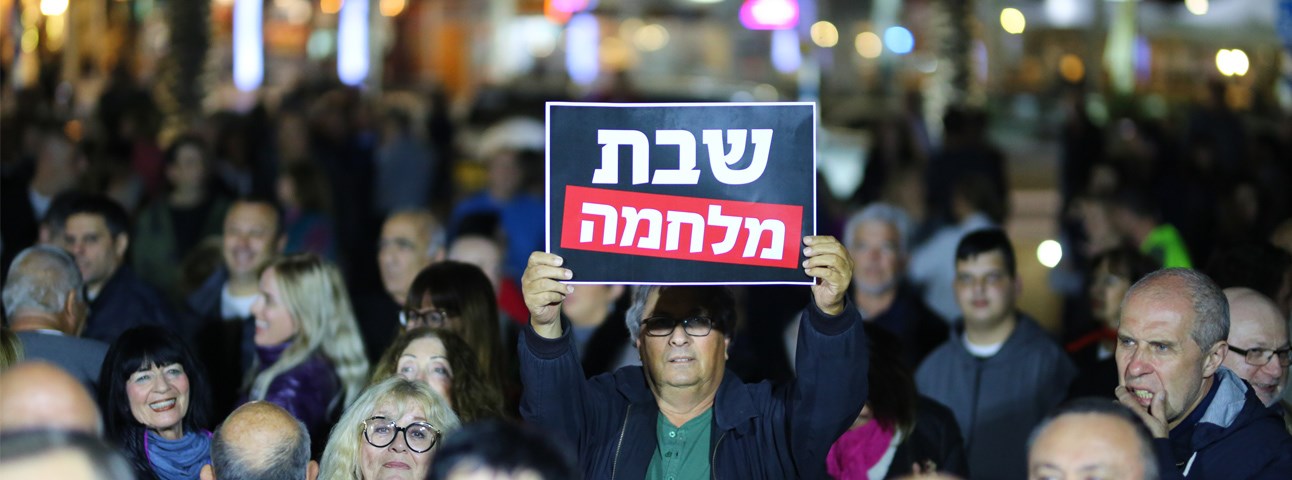
Faith and the City
Written By: Dr. Shuki Friedman
In an op-ed for the Jerusalem Post, Dr. Shuki Friedman, Head of IDI's Center for Religion, Nation and State, explains how local government plays a critical role in balancing religion and state in day-to-day life in Israel.
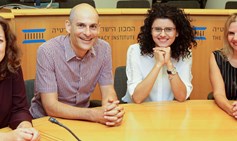
Meet the Next Generation of IDI Leaders
Written By: Rachel Cohen, Adv. Alona Vinograd, Dr. Nasreen Haddad Haj-Yahya, Daphna Aviram-Nitzan, Dr. Gilad Malach
Guaranteeing an independent Supreme Court. Integrating the Ultra-Orthodox into the IDF. Boosting participation of Arab women in the workforce. Improving the ease of doing business in Israel. These are some of the challenges facing IDI’s new cadre of program and center directors.
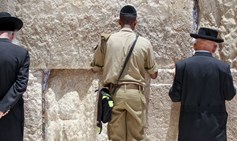
Debating the Draft – Public Opinion Survey
Written By: Dr. William Cubbison
Majority support for drafting young ultra-Orthodox into the army goes as far back as 1991. There have been small fluctuations, but consistently --at least 2/3 (65%) of the Israeli public has supported drafting yeshiva students or young ultra-Orthodox into the IDF.
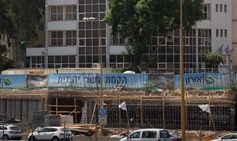
The Decision to Halt Work on the Sabbath on the Ayalon Bridge – a Farce
Written By: Dr. Shuki Friedman
- “The decision is questionable. If the government is really interested in avoiding desecration of the Sabbath, and in ensuring a day of rest, it should focus its energy on stopping the illegal work currently being performed on the Sabbath, which according to reports by the Ministry of Industry, Trade and Labor, is rarely done.
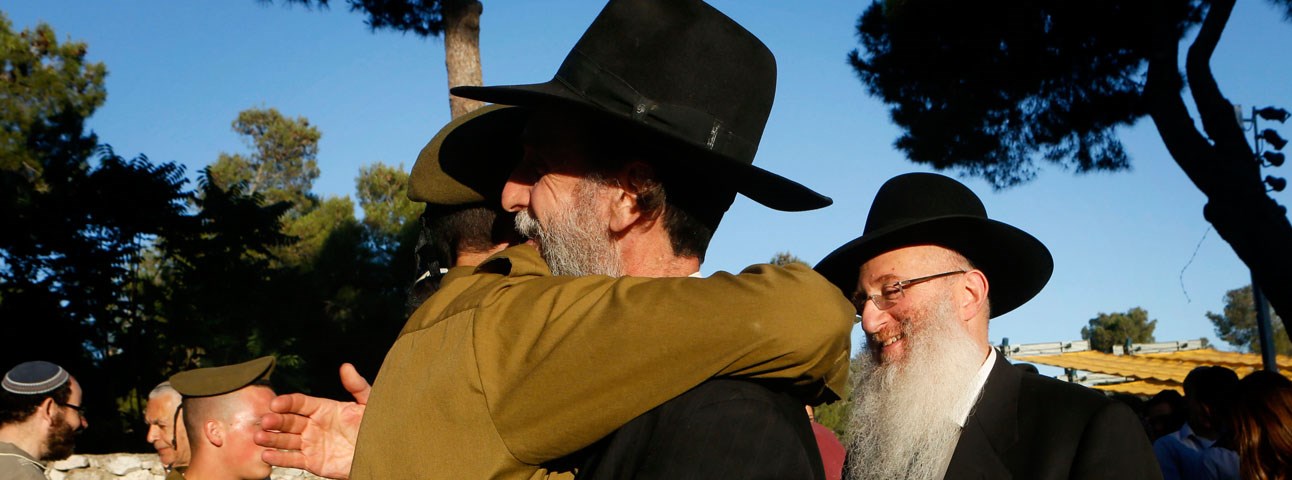
Israel needs a draft law that will uphold the principle of civic equality
Written By: Yohanan Plesner
Now is the time to rise above petty politics and pass a draft law that will uphold the principle of civic equality in Israel.

Israel's wealthiest are abandoning IDF combat units
Written By: Dr. Asaf Malchi
Israel's secular elite has lost its enthusiasm for combat service and now targets intelligence units, such as Unit 8200.
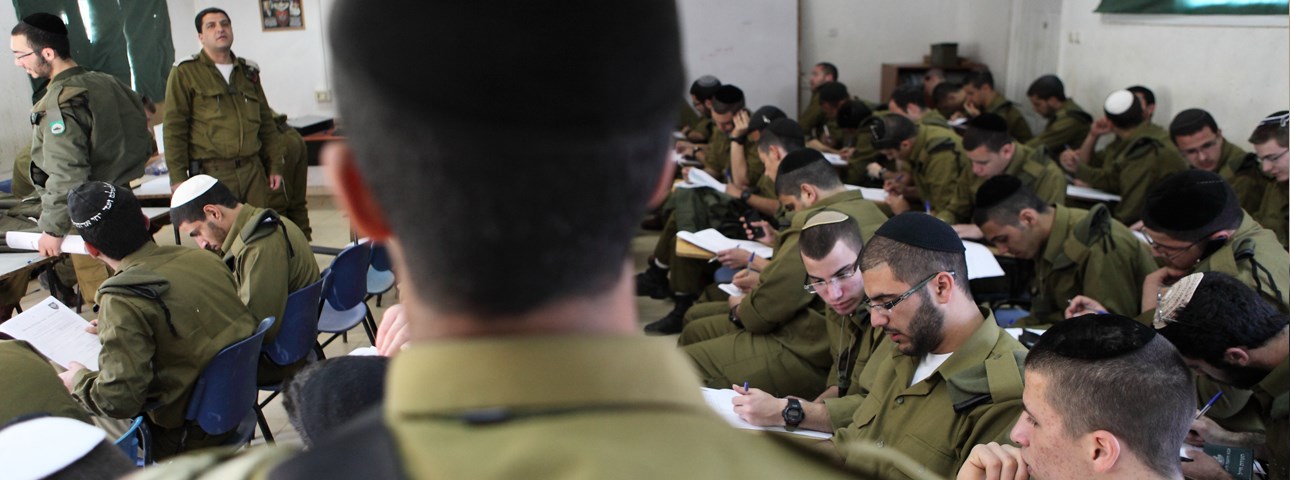
Proposal for Amending Ultra-Orthodox Conscription Plan
Written By: Yohanan Plesner , Prof. Amichai Cohen, Dr. Gilad Malach
IDI puts forth analysis of why the proposed conscription plan for the ultra-Orthodox is problematic and offers an alternative approach
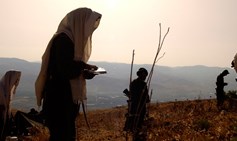
A Kosher Military
Written By: Yohanan Plesner
Yohanan Plesner discusses with Tipping Point the "People's Army". Can a compromise be reached and is "sharing the burden" of military service a realistic goal?
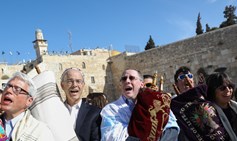
Calling on Our Leaders to Lead
Written By: Prof. Yedidia Z. Stern, Dr. Shuki Friedman
Leading public figures avoid dealing with issues that are of national importance when it entails confronting the ultra-Orthodox community.

Will Trump’s Peace Plan Gain Traction?
Written By: Prof. Tamar Hermann, Prof. Ephraim Yaar
The monthly Peace Index of the Israel Democracy Institute and Tel Aviv University, published today, finds that most Israelis think that Trump’s peace plan won’t gain traction and that the IDF should directly target ‘terror kite’ assailants.
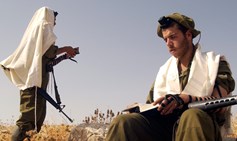
The Conscription Plan: Taking the Easy Route to Inequality
Written By: Dr. Gilad Malach
Though many ultra-Orthodox politicians expressed outrage at the original publishing of this new bill, some view the proposal as a double achievement.
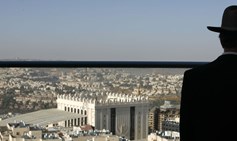
Israel’s Looming Ultra-Orthodox Housing Crisis
Written By: Dr. Lee Cahaner
The Minister of Finance has invested tremendous resources in meeting the needs of the Israeli middle class. However, even with these efforts, the minister has failed to address the ultra-Orthodox’s needs — a mistake that has contributed to an acute housing crisis for this sector of Israeli society.
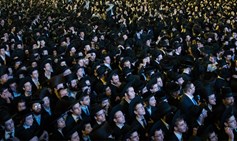
Proposed Draft Bill Puts the “People's Army” at Risk
Written By: Yohanan Plesner
Yohanan Plesner, President of the Israel Democracy Institute cautions that the Ministry of Defense’s proposed draft bill “endangers IDF’s model of service as a “People's Army” based on the principle of mandatory service for all
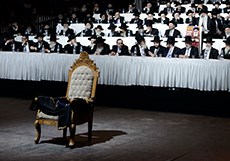
The End of the "Great Rabbis" (Gdolim) Era
Featuring two book launches: “Haredim A Guide to their Beliefs and Sectors” and “A Flock with No Shepherd: Shas Leadership the Day after Rabbi Ovadia Yosef”

Time To Counter Charedi Parties On Jewish Character Of Israel
Written By: Dr. Shuki Friedman
No matter when they take place, the upcoming elections will have a decisive impact on the identity of the state if decision-makers and the general public continue to follow the ultra-Orthodox lead
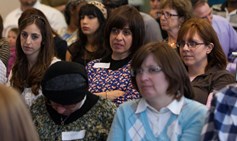
Integrating Women into Politics: Another Solution
Written By: Prof. Ofer Kenig, Dr. Chen Friedberg
The absolute exclusion of women from ultra-Orthodox parties keeps their specific interests from being addressed effectively in the public sphere.
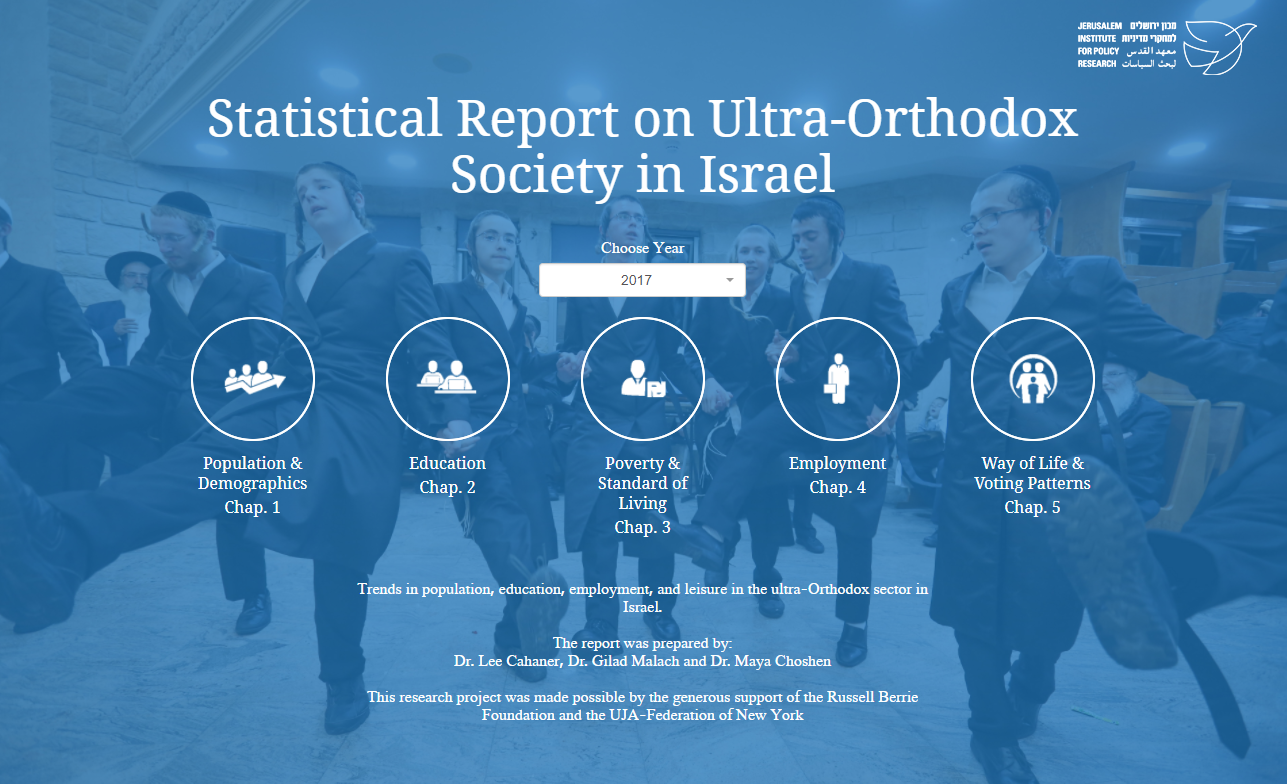
Population & Demographics
Written By: Dr. Lee Cahaner, Dr. Gilad Malach, Dr. Maya Choshen
The first out of five chapters of the Statistical Report on Ultra-Orthodox Society in Israel

Education
Written By: Dr. Lee Cahaner, Dr. Gilad Malach, Dr. Maya Choshen
The second out of five chapters of the Statistical Report on Ultra-Orthodox Society in Israel

Poverty & Standard of Living
Written By: Dr. Lee Cahaner, Dr. Gilad Malach, Dr. Maya Choshen
The third out of five chapters of the Statistical Report on Ultra-Orthodox Society in Israel
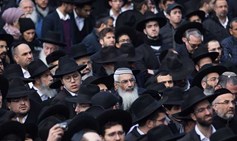
Who’s Afraid of Ultra-Orthodox Israelis?
Written By: Dr. Gilad Malach
Ultra-Orthodox society is moving toward a more Israeli, more modern future, while also maintaining its unique characteristics.
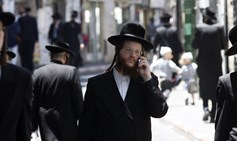
A Decline in the Number of Ultra-Orthodox Men in the Workforce
Written By: Dr. Gilad Malach
For the first time since 2013- a decline in the number of ultra-Orthodox men in the workforce

Ultra-Orthodox and Affirmative Action: Justice and not Charity
Written By: Dr. Asaf Malchi
For the ultra-Orthodox sector and for us as a society, justice is not charity.
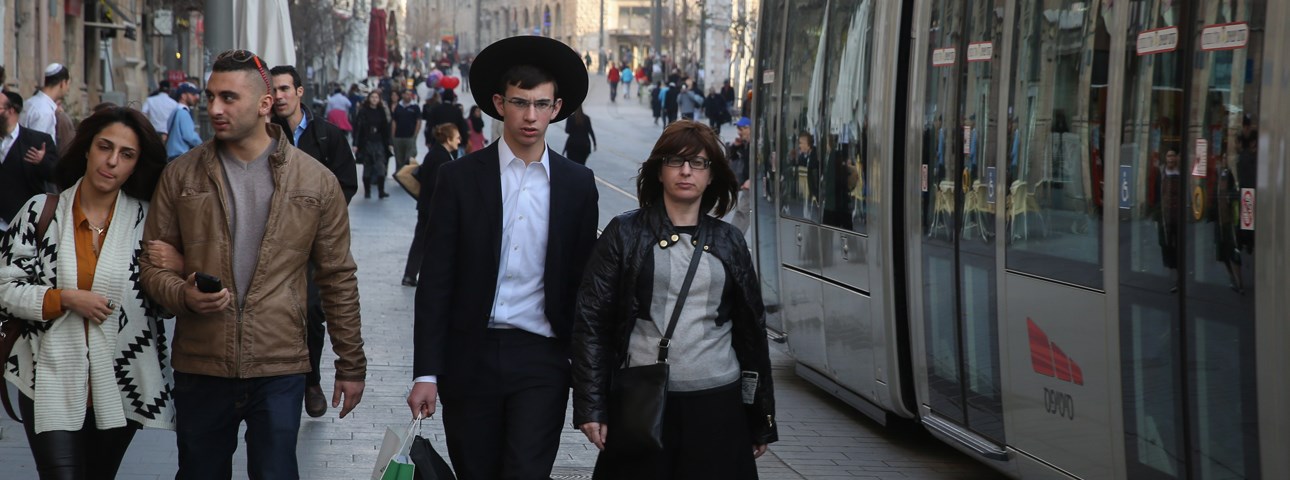
Who are the ultra-Orthodox?
Written By: Prof. Yedidia Z. Stern
Stereotypes—both positive and negative—are an obstacle to the development of a genuine partnership between the ultra-Orthodox and the rest of Israeli society. The Haredim are Israel's biggest sociological mystery. We must learn the facts rather than engaging in speculation.
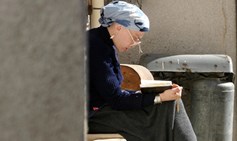
Haredi women lead change
Written By: Dr. Lee Cahaner
Are women leading the change in ultra-Orthodox society or are they preserving their unique way of life? Learn more about the tension between the possibilities that the modern world offers ultra-Orthodox women and the many complex challenges facing them.
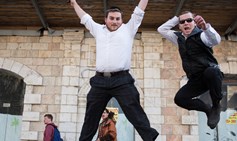
5 Things You Must Know About the ultra-Orthodox Community in Israel
How many ultra-Orthodox live in Israel today? How many will watch this clip on the internet? How are ultra-Orthodox women transforming their community? How many are employed? What age to they get married?
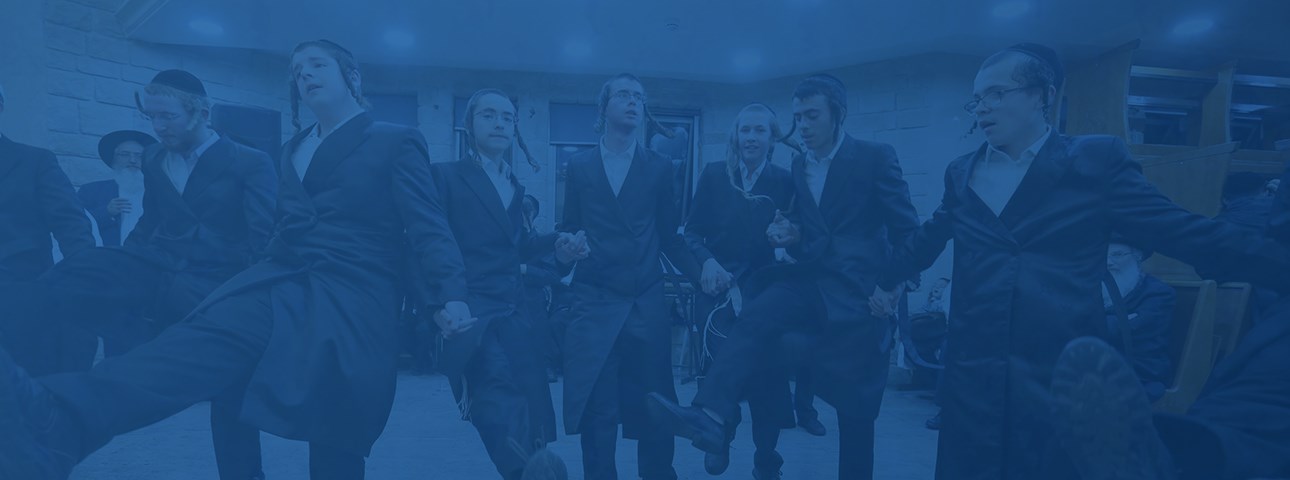
Statistical Report on Ultra-Orthodox Society in Israel
Written By: Dr. Lee Cahaner, Dr. Gilad Malach, Dr. Maya Choshen
Israel Democracy Institute and the Jerusalem Institute for Policy Research published today the 2017 Statistical Report on Ultra-Orthodox Society in Israel. The report presents trends in population, education, employment, and leisure in the ultra-Orthodox sector in Israel.
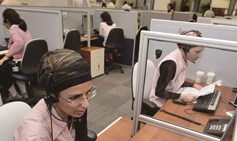
Charedi Women Increasingly Having It All
Written By: Michele Chabin | The New York Jewish Week
Growing numbers of ultra-Orthodox women postponing marriage to pursue a career path, new study finds.

The Ultra-Orthodox Community's New Trend: From Isolationism to Involvement
Written By: Dr. Lee Cahaner
In 2017, we have to ask: Who is ultra-Orthodox? What are the boundaries of ultra-Orthodox society? What are the boundaries of ultra-Orthodox identity within the Israeli sphere?

IDI's Malach: 'Kahlon Net Family Plan Could Give a Boost to Haredi Middle Class, Too'
Finance Minister Moshe Kahlon’s Net Family Plan could give a boost to the haredi middle class, which has been developing over the last several years, by increasing the incentive for haredim to seek a higher education and for both parents to work.
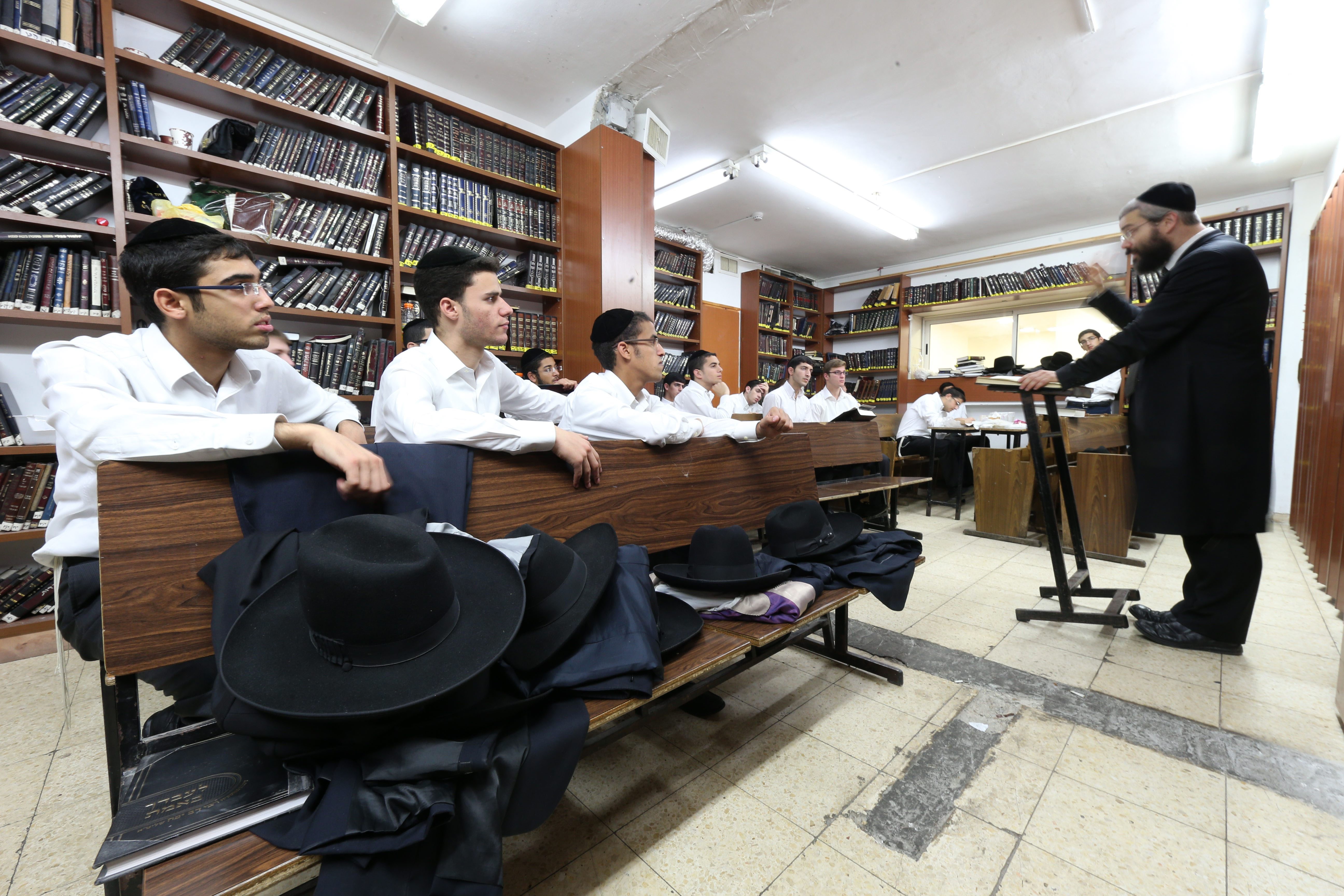
Israel's Next Economic Miracle?
Written By: Dr. Gilad Malach, Dr. Nasreen Haddad Haj-Yahya
Haredim and Arabs must be integrated into society and economy to take the start-up nation to the next level.
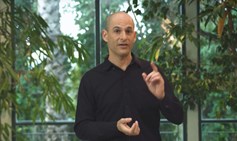
Who are Israel's Haredim?
Written By: Dr. Gilad Malach
New statistics shed light on a population that was once hidden behind "walls of holiness." Today, those walls are beginning to break.

Employment
Written By: Dr. Lee Cahaner, Dr. Gilad Malach, Dr. Maya Choshen
The fourth out of five chapters of the Statistical Report on Ultra-Orthodox Society in Israel

A New Approach To Dealing With Israel’s Ultra-Orthodox
Written By: Prof. Yedidia Z. Stern
Israel needs to abandon the vindictive approach of trying to reform ultra-Orthodox society through force and budget cuts, and rather start investing heavily in education and job creation in the ultra-Orthodox sector. This op-ed was first published in the New York Jewish Week.
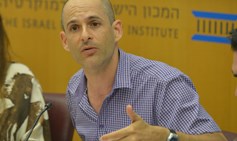
IDI’s Gilad Malach Comes Out Against Decision to Recognize Rabbinical Studies as Academic Degree
The Israel Democracy Institute’s Dr. Gilad Malach, head of the program on Ultra-Orthodox Society in Israel, today came out against a decision made by Interior Minister Aryeh Deri in coordination with the Civil Service Commission to recognize Rabbinical studies as an academic degree in order to allow Haredim to participate in local tenders.
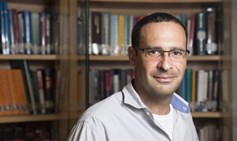
A Holy War Over Israel's Character
Written By: Dr. Shuki Friedman
The inflammatory statements made about Reform Judaism at the recent First Zion and Jerusalem Conference are not merely old rhetoric, but rather a national ultra-Orthodox (Hardal) declaration of a holy war against the spread of pluralistic Judaism in Israel.

'The Mikveh Bill Harms the very Ethos of the State of Israel as a State for all Jews,’ IDI Researcher Yair Sheleg
In advance of Wednesday’s discussion in the Knesset Interior and Environment Committee on the Mikveh Bill, the head of IDI’s Religion and State program, Yair Sheleg, sent a policy paper to committee MKs asking them to vote against the bill. He said the bill unacceptably discriminates, something which is known to its sponsors and clear in the bill’s explanatory notes. The legislation was presented by its sponsors in reaction to a Supreme Court ruling that public ritual baths could be used by the wider public, including for non-Orthodox conversions.
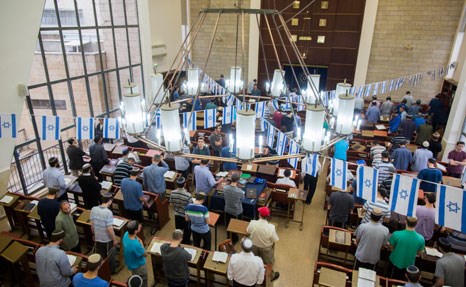
Israel's Battle for Peace Between Religion and State
Written By: Yair Sheleg
The relationship between religion and state in Israel is stormy. Lately, it seems the ultra-Orthodox have launched a new offensive on several fronts. This op-ed was originally published by JNS.org.
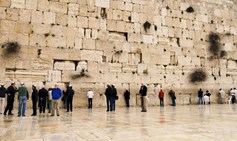
Time to Allow Everyone to Worship at the Foot of the Temple Mount as they Wish
Written By: Prof. Yedidia Z. Stern
No aspect of the current Western Wall plaza arrangement, in which the Orthodox maintain a monopoly, will change if other denominations are allowed to pray at the foot of the Temple Mount in a new plaza. This article was first published by The Jerusalem Post.

New IDI Research for the Institute's "Haredi Women's Leadership:"
The project was done in collaboration with Kemach Institute and the JDC Haredi Employment Program

Statement by IDI's Yohanan Plesner on Housing Incentives for Haredim who Serve in the IDF
IDI President Yohanan Plesner responds to a report composed today by an inter-ministerial team led by Defense Ministry Director-General Maj.-Gen. (Res.) Dan Harel suggesting that the government examine the possibility of offering discount prices on homes for members of the Haredi public who serve in the security forces.
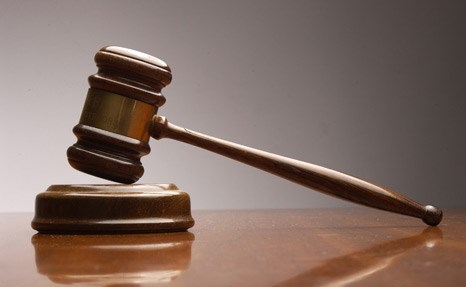
Judicial Appointment Highlights Dramatic Changes Among Israeli Haredim
Written By: Prof. Yedidia Z. Stern
Earlier this month, change snuck in through the back door of Israel's court system when Israel’s first ultra-Orthodox judge was appointed. This article was first published by the Jewish Press.

Statement by IDI President Yohanan Plesner on the Advancement of the Mikveh Bill
Following today's advancement of the Mikveh Bill by the Knesset Plenum, IDI President Yohanan Plesner said, "The Mikveh Bill is not worthy of being included in the laws of Israel."

Eli Groner: 'The Goal Has To Be That Haredim Enter the Workforce and Stay Haredi'
At roundtable event, government officials and researchers say time to move dialogue from quantity of Haredim in the workforce to the quality of their jobs.
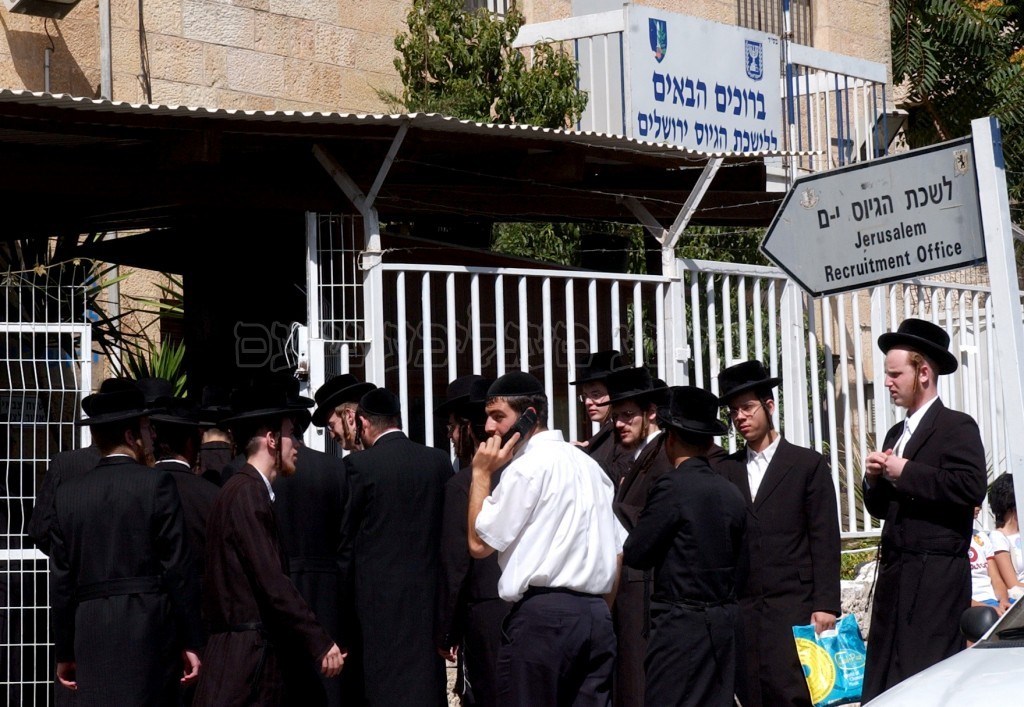
The Charedi Draft: Here We Go Again
Written By: Prof. Yedidia Z. Stern
The desired result could have been achieved quietly and efficiently had the Knesset adopted a rational arrangement that would encourage military service through positive and negative economic incentives. (This article was originally published in the Jewish Journal of LA.)
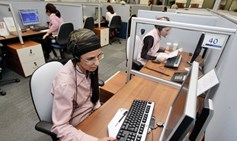
The Challenges of Promoting Employment in the Ultra-Orthodox Community
Written By: Dr. Gilad Malach
Dr. Gilad Malach, who heads IDI's research program on the ultra-Orthodox community in Israel, discusses the barriers that weigh down attempts to increase the employment rate in the Haredi community and suggests possible solutions.
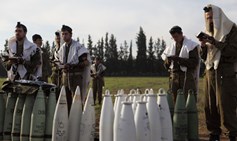
The Haredi Draft: Snakes and Ladders
Written By: Prof. Yedidia Z. Stern
Prof. Yedidia Stern analyzes the problems with past proposals to integrate the ultra-Orthodox sector into the IDF, and proposes a new solution.
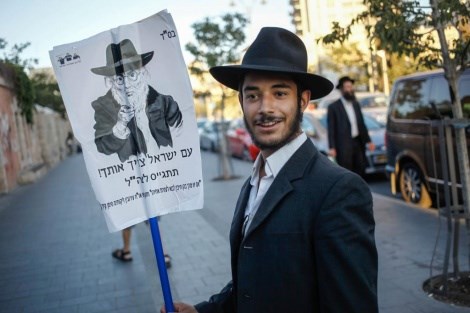
Ultra-Orthodox Integration: It Takes Two to Tango
Written By: Haim Zicherman
In an op-ed in Ynet News, IDI researcher Dr. Haim Zicherman discusses the steps that Israeli society must take in order to enable ultra-Orthodox men to integrate into the Israeli army and workforce.
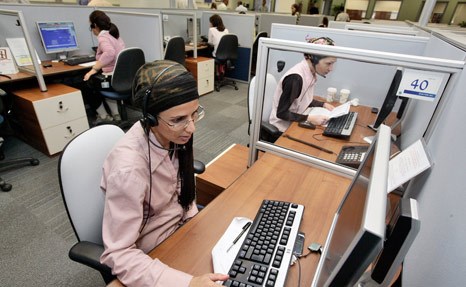
Integrating the Ultra-Orthodox
Written By: Andrew Friedman
To facilitate the entry of haredim into academia and the workforce, the state and private industry have invested hundreds of millions of shekels in recent years to create ultra-Orthodox frameworks to support individuals who are looking for academic education and employment while also remaining loyal to their cultural mores. As a result, nearly 80 percent of ultra-Orthodox women are now employed, on par with secular Jewish Israeli women.

The IDF and the Ultra-Orthodox
Written By: Haim Zicherman
As the Knesset prepares to vote on the "Draft Law" designed to regulate the service of ultra-Orthodox men in the Israel Defense Forces, Dr. Haim Zicherman surveys the current situation within Israel's Haredi community.
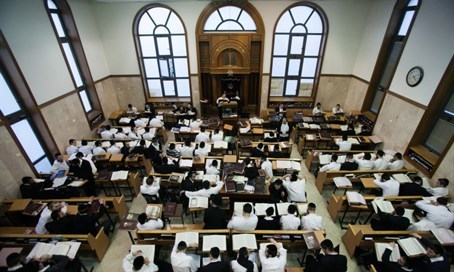
An Unequal Share of the Burden? The Truth about the Hesder Yeshivot
Written By: Prof. Benjamin Porat
Do students in the religious Zionist hesder yeshivot really contribute less to the IDF than other men who serve? IDI Researcher Dr. Benny Porat does the math and comes to an interesting conclusion.
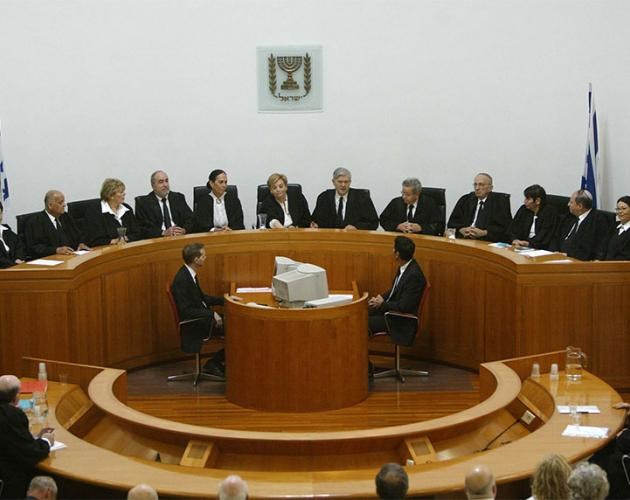
The Haredi Draft: Is the Shaked Committee's Bill Destined to be Overturned?
Written By: Prof. Yedidia Z. Stern
As the Shaked Committee begins to vote on its proposal for the Haredi draft, Prof. Yedidia Z. Stern warns that the proposal's recommendation to exempt Haredi men of draft age during a three-year "adjustment period" is both inequitable and ineffective.

International Disabilities Day 2013: Human Rights and Judaism in Action
Written By: Benjamin (Benny) Lau
In honor of International Day for Persons with Disabilities, Rabbi Dr. Benjamin (Benny) Lau updates us on IDI's efforts on behalf of people with disabilities and reveals that people with guide dogs are now allowed to access the Western Wall.
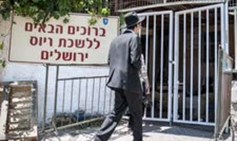
The Haredi Draft: Equality Now?!
Written By: Prof. Yedidia Z. Stern
On November 21 2013, Prof. Yedidia Z. Stern appeared before the Shaked Committee and argued that criminal sanctions are not recommended for reaching conscription goals. In an op-ed in Makor Rishon, he explains why.

Sir Isaac Newton and the New Haredim
Written By: Prof. Yedidia Z. Stern
Prof. Yedidia Stern shares thoughts on the connection between failure of the ultra-Orthodox "Tov" party in the local elections, the Haredi draft bill being debated by the Shaked Committee, and Newton's laws of motion.

"Who Made Me a Woman": Women in Ultra-Orthodox Society
Written By: Lee Cahaner
A series of Hebrew videos on the historical processes behind the development of the role of ultra-Orthodox women in the family and society, which were developed as part of IDI's research projects on the Nation State and on the Integration of Haredim in Israeli Society.

The High Holidays: A Personal and National Time
Written By: Prof. Yedidia Z. Stern
Prof. Yedidia Z. Stern shares thoughts on the Hebrew calendar, which contributes to Jewish unity and preserves the Jewish people as a single national and cultural unit.
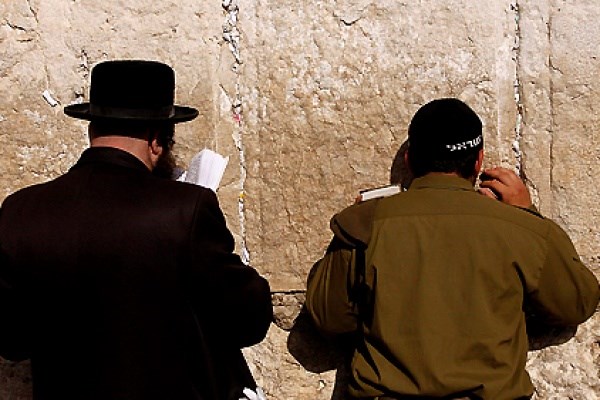
How Can We Draft the Ultra-Orthodox with Consent?
Written By: Prof. Yedidia Z. Stern
Is it possible to draft the ultra-Orthodox and integrate them into Israel's society and economy in a mutually-agreeable manner that encourages solidarity between the different sectors of the Jewish people? Prof. Yedidia Z. Stern shares thoughts on wars between brothers and brothers-in-arms.
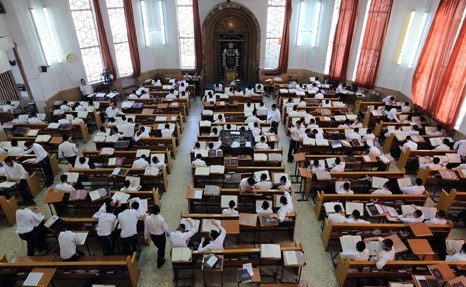
The Ultra-Orthodox Draft: Crossing the Third Rubicon
Written By: Prof. Yedidia Z. Stern, Haim Zicherman
Prof. Yedidia Z. Stern and Attorney Haim Zicherman stress the need to break down barriers that are preventing Haredi service in the army and integration in the labor force, and warn against passing a popular but ill-advised reform.

Haredi Integration: Not by Re-Education
Written By: Haim Zicherman
IDI researcher Attorney Haim Zicherman warns against attempts to integrate ultra-Orthodox Jews into the army by encouraging them to abandon their lifestyle, and calls for developing mechanisms that will accept and respect their values.
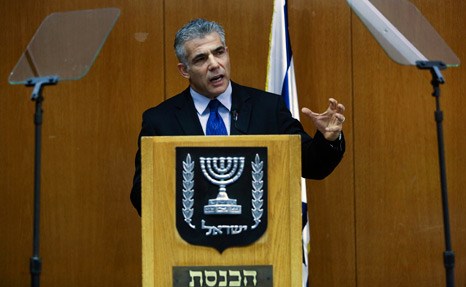
The Ultra-Orthodox Draft: A Test of the New Israeli Politics
Written By: Prof. Yedidia Z. Stern
IDI Vice President of Research Prof. Yedidia Stern warns that the hasty passage of the proposed government bill on the Haredi draft would be "old politics," and stresses the importance of a Knesset debate to arrive at balanced legislation that is in line with the national interest.

The Peri Committee Recommendations: Fanning the Flames of Haredi Extremism
Written By: Prof. Yedidia Z. Stern
IDI Vice President of Research Prof. Yedidia Stern warns that the Peri Committee recommendations on the ultra-Orthodox draft will undo progress already made in integrating Israel's Haredi community into Israeli society.
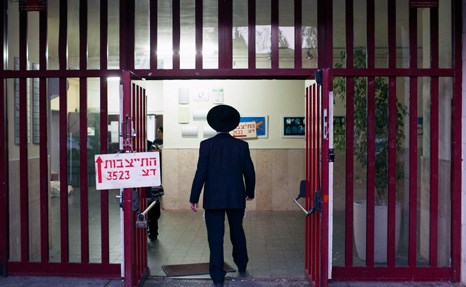
The Proposals for Drafting the Ultra-Orthodox in Israel: The Issues at Hand
Written By: Prof. Mordechai Kremnitzer
IDI's Prof. Mordechai Kremnitzer critiques various aspects of the proposals for integrating the ultra-Orthodox into the army and calls on the Israeli public to stand firm on its demand for an arrangement that is fair and equitable.

The Haredi Draft: The Need for an Alliance of the Moderates
Written By: Prof. Yedidia Z. Stern
Prof. Yedidia Stern calls for a historic alliance between religious and secular moderates that will yield a solution that will that will yield a solution that addresses the need for ultra-Orthodox army service while taking into account the most important values of the Haredi community.

The Need for Equal Sharing of the Burden and Strengthening of Torah Study
Written By: Prof. Benjamin Porat
The need for the ultra-Orthodox community in Israel to share the burden of military service and participate equally in the Israeli economy was a central issue in the 2013 elections. IDI researcher Dr. Benny Porat shares his thoughts on how to bring about this change in the Haredi community.
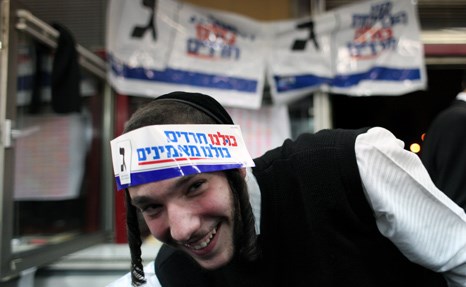
The Comeback of Polarization
Written By: Prof. Benjamin Brown
IDI researcher Dr. Benjamin Brown discusses the sense of attack experienced by the Haredi community in the 2013 election campaign and calls for a process of gradual change in integrating the ultra-Orthodox in the Israeli army and workforce.

A Coalition of Hope
Written By: Prof. Yedidia Z. Stern
Following the elections of 2013, IDI Vice President Prof. Yedidia Z. Stern hails the incoming Knesset as a unique opportunity to change the nature of the State of Israel so that it is both more Jewish and more democratic at the same time.

Israeli Public Opinion on Drafting Haredi Yeshiva Students
Written By: Dror Walter, Chanan Cohen
An analysis of Israeli public opinion on the issue of drafting ultra-Orthodox yeshiva students, as revealed in polls conducted by IDI's Guttman Center for Surveys from 1986 through 2009.

The Haredim and the State of Israel
Written By: Prof. Yedidia Z. Stern, Jay Ruderman
In an op-ed in The Jerusalem Post, IDI's Prof. Yedidia Stern, who served on the Plesner Committee for Equality in National Service, and Mr. Jay Ruderman analyze the Haredi community's reluctance to serve in the Israeli army and present an approach that will facilitate Haredi integration into Israel's army and society.

Ultra-Orthodox Conscription: Making It Work
Written By: Momi Dahan
Will the High Court of Justice’s refusal to extend the Tal Law indeed reduce the inequality of burden sharing in Israeli society? IDI Senior Fellow Prof. Momi Dahan does not think so, and argues that ultra-Orthodox Jews in Israel should be exempted from the army and allowed to work, so as to assume their fair share of the tax burden.
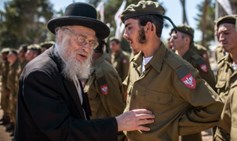
Do Not Put an End to Ultra-Orthodox Army Service
Written By: Haim Zicherman
Following the dissolution of the Committee to Advance Equality in Sharing the Burden, committee head MK Yohanan Plesner submitted proposals for alternatives to the Tal Law. In this article, IDI Researcher Attorney Haim Zicherman, who served as the content coordinator of the Plesner Committee, warns that some of those measures were personal recommendations rather than recommendations of the Committee, and may reverse trends of increasing army service by ultra-Orthodox Jews.

The Tal Law: Judicial Responsibility at its Best
Written By: Prof. Mordechai Kremnitzer
Prof. Mordechai Kremnitzer presents a contrasting view to Prof. Yedidia Stern's assertion that the Israeli Supreme Court's ruling on the exemption of ultra-Orthodox men from military service in Israel is "<a href="http://en.idi.org.il/analysis/articles/judicial-activism-at-its-height">Judicial Activism at its Height</a>."

The Tal Law: Judicial Activism at its Height
Written By: Prof. Yedidia Z. Stern
The Supreme Court's decision to strike down the Tal Law, after 30 years of avoiding the issue of the exemption of ultra-Orthodox Jews from military service, is an expression of judicial activism that illustrates the transformation that the Israeli Supreme Court has undergone in the last generation. In this op-ed, originally published in Hebrew in <em>Makor Rishon</em>, IDI Vice President Prof. Yedidia Stern asserts that the Court went too far in this ruling and that its activism is hard to justify.

If They Give, They Will Receive
Written By: Yair Sheleg
In this response to the Supreme Court ruling on the Tal Law, IDI Senior Researcher Yair Sheleg asserts that the exemption of ultra-Orthodox men from military service is an unparalleled <em>Hillul Hashem</em>—a desecration of the Name of God, and shares his views of a possible solution.

Make the Ultra-Orthodox Serve
Written By: Yair Sheleg
IDI Vice President of Research Prof. Yedidia Stern sets the controversy over mass transportation on Shabbat and holidays in Israel in a broader context, and distinguished between the need for an Israeli-Jewish Shabbat (Sabbath) rather than a religious Shabbat.
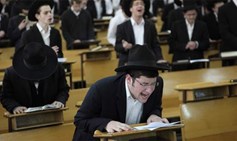
In the Aftermath of the Tal Law
Written By: Prof. Yedidia Z. Stern
Will the Israeli Supreme Court's ruling that the Tal Law is unconstitutional really guarantee that the burden of Israel's defense will be shared equally by the country's citizens? IDI's Prof. Yedidia Stern warns that this ruling may actually hinder the integration of the Haredi community into Israeli society rather than promoting it.

Finding Middle Ground
Written By: Haim Zicherman
In an op-ed in Israel Hayom, IDI researcher Adv. Haim Zicherman argues that a temporary extension of the Tal Law would help the growing trend of ultra-Orthodox enlistment in the IDF and would enable volunteering for civilian service to continue.

The Exclusion of Women from the Public Sphere
Written By: Yair Sheleg
Israeli society has seen a recent push to exclude women from the public sphere. In this blog entry, translated from the Hebrew, IDI Senior Researcher Yair Sheleg, argues against the recent turn toward extremism, calling on Israelis from all camps to respond to these developments responsibly.

Faking Feminism
Written By: Debora Lederman-Danieli
The issue of the exclusion of women and their marginalization in Israeli society has dominated the media in Israel during the past few weeks. In this article, which was originally published in The Seventh Eye on December 25, 2011, Dr. Debora Lederman-Danieli argues that the media's struggle against the phenomenon of the degradation of women requires much more than disingenuous, populist outcries.

The Exclusion of Women and Control of the Public Sphere
Written By: Prof. Yedidia Z. Stern
Why is the marginalization of women in Israeli society and their exclusion from the public sphere on the rise in Israeli society? In this op-ed, IDI Vice President of Research Prof. Yedidia Stern focuses on the religious Zionist community and the power struggle to determine who will control the public sphere and the space of the religious community.

Dr. Hannah Kehat on the Status of Women in Israel
Written By: Hannah Kehat
In honor of International Democracy Day, the IDI Hebrew website interviewed Dr. Hannah Kehat, founder of the Religious Women's Forum Kolech, on the status of women in Israel today.

Zionism Must Reject Ultra-Orthodox View on Conversion
Written By: Yair Sheleg
In this op-ed from Haaretz, IDI Research Fellow Yair Sheleg decries the ultra-Orthodox refusal to alter standards for conversion to Judaism in recognition of the fact that for many Israelis, Jewish identity is not only an expression of religious observance but also of identification with Zionism and Jewish culture. He warns that the ultra-Orthodox approach is causing serious injustice to thousands of people who wish to live as Jews and raise Jewish children in Israel.

The "Rabbis' Letter" and Halakhah
Written By: Dr. Eliezer Hadad
The "Rabbis' Letter" signed by dozens of community rabbis in Israel in December 2010 asserts that Jewish law forbids the rental and sale of homes in Israel to non-Jews. Is renting property to non-Jews indeed forbidden by Jewish law? IDI Researcher Dr. Eliezer Hadad surveys opinions by contemporary rabbis who adopted a universalistic approach and found a halakhic basis for the equal rights mandated by both international norms and the Israeli Declaration of Independence.

As Independence Day Draws Near
Written By: Prof. Yedidia Z. Stern
In an op-ed in Yedioth Ahronoth, Prof. Yedidia Stern points to segments of Israel's population that denounce the national values of the State: supporters of “normalization,” ultra-Orthodox Jews, Arab Israelis, and a new group that has joined them: ultra-nationalists.

Decade in Review: Religion and State in Israel
Written By: Yair Sheleg
IDI Research Fellow Mr. Yair Sheleg highlights growing individualism within both the religious and secular Jewish populations in Israel and takes note of growing rifts between the two communities, in an article that was published at the end of the third millennium as part of a collaboration between IDI and Walla!, a popular Israeli website.

The Missed Opportunity of the Century: The Haredi Exemption Law
Written By: Yohanan Plesner
The government and the coalition have been given a second chance – which has come at a heavy price of blood and suffering – to turn this crisis into an opportunity and set the foundations for a new social covenant among Israelis.
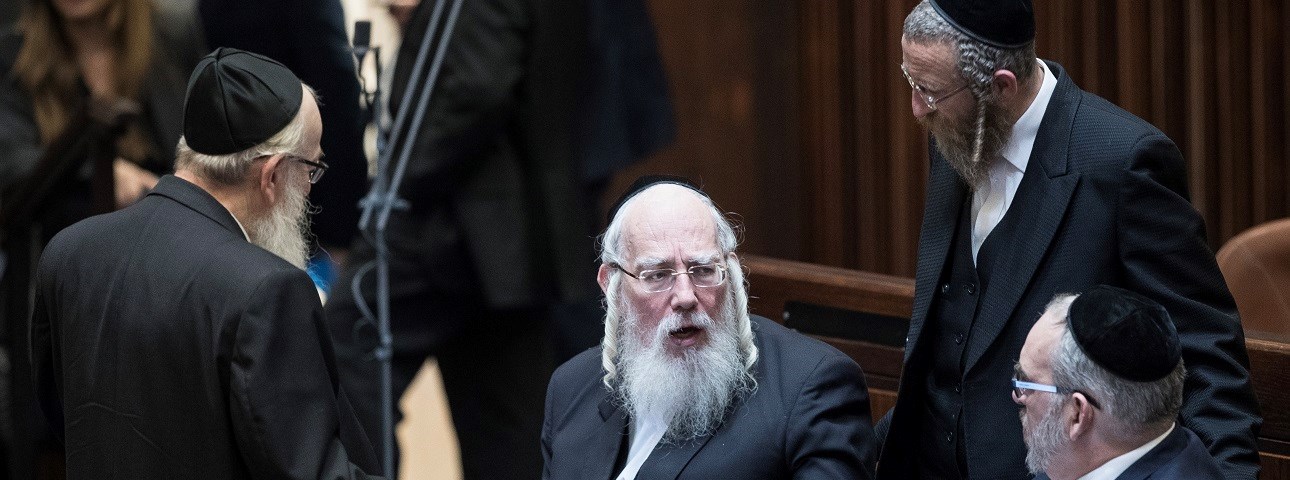
The War that Never Was
Written By: Eliyahu Berkovits
Notwithstanding the drama related to the question of whether the ultra-Orthodox Ashkenazi parties will continue to run together in the current election, there are voices within these communities that might render this arrangement unacceptable in the near future.

Where are Haredim Headed? Towards Isolation or Integration?
Written By: Dr. Gilad Malach
125 years ago, Herzl failed to convince ultra-Orthodox leadership to join the Zionist movement, and while their leadership did sign the Declaration of Independence in 1948, they Haredim remained in their “enclave” communities. Now, if modern-day Israel is to continue to thrive, integration of the ultra-Orthodox is crucial

Israel’s Lost Youth: Manifest and Latent School Dropout
Written By: Dr. Asaf Malchi
The COVID-19 pandemic has significantly increased school dropout rates due to its exacerbation of the already emotional, social, and academic crises affecting multiple age and population groups.
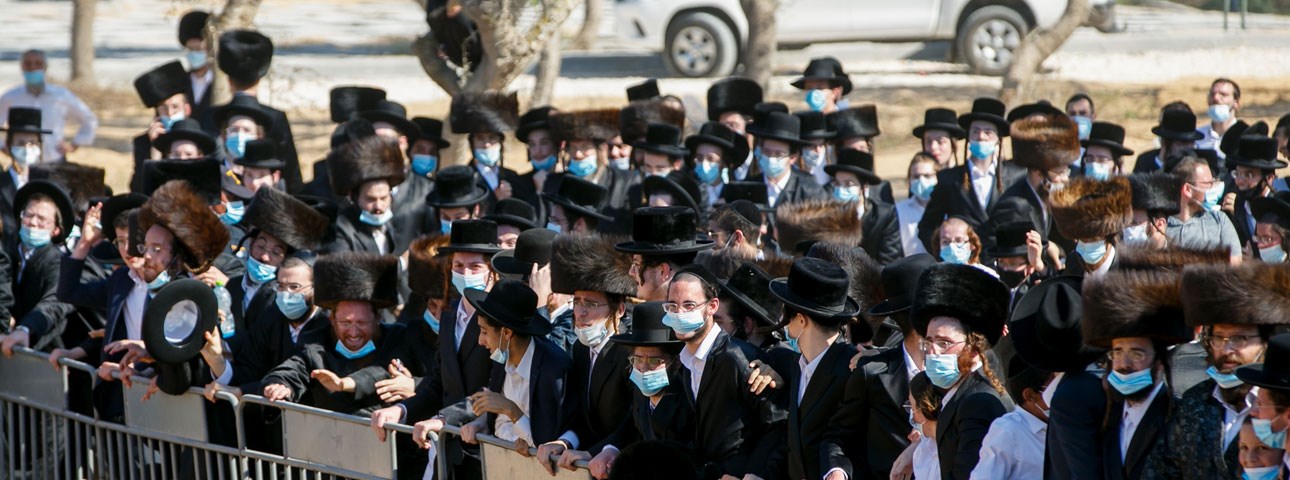
In God They Trust
Written By: Dr. Gilad Malach
Dr. Gilad Malach, Director of the Ultra-Orthodox in Israel Program at the Israel Democracy Institute, discusses how the COVID pandemic has affected the internal dynamics of Israel's Haredi communities, their relationship with their political leadership and with government as a whole.
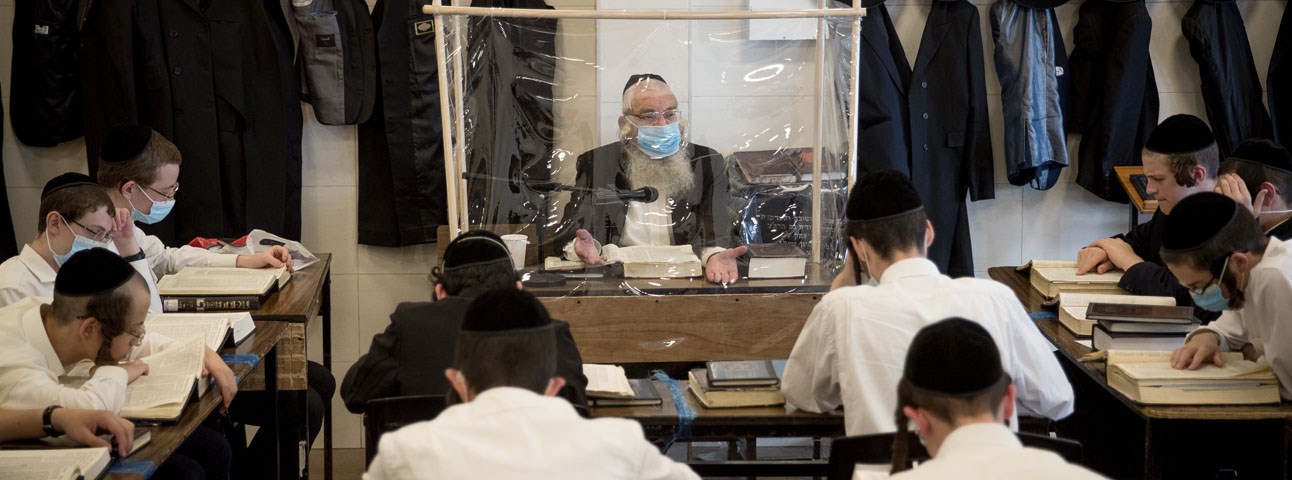
The Haredi Fears Behind the Opening of Yeshviot Amid COVID-19
Written By: Dr. Asaf Malchi
For many, the spiritual and educational dangers inherent in leaving large numbers of young people with no binding religious framework outweigh the health risks in keeping these institutions open
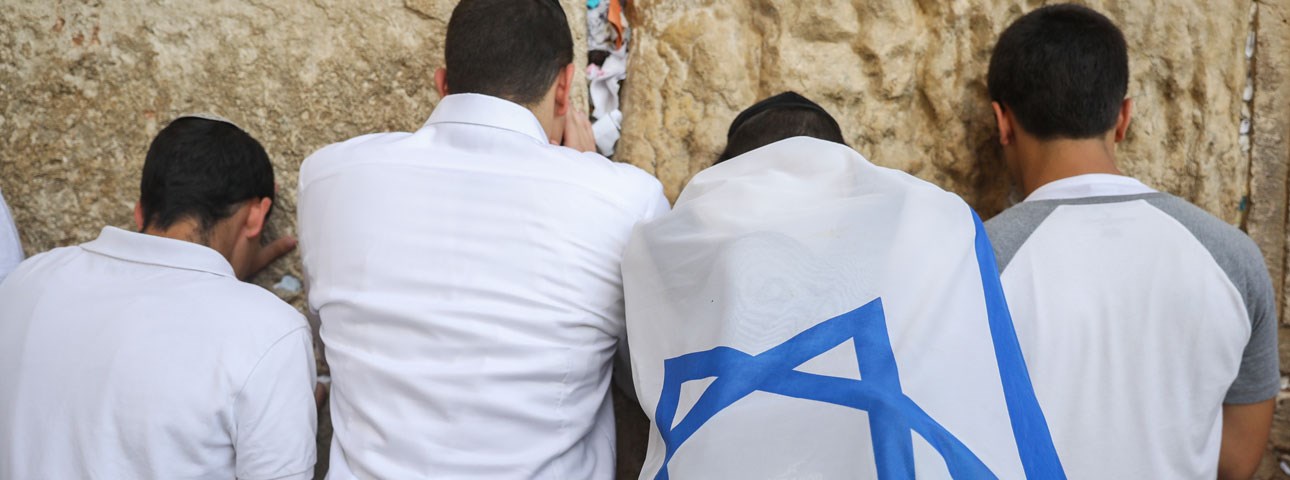
“Jewish” Versus “Democratic”
Written By: Yair Sheleg
The cause for the past year's political crisis lie in the ever-widening gap between the two main pillars of the State of Israel’s identity—its “Jewish” and “democratic” components.
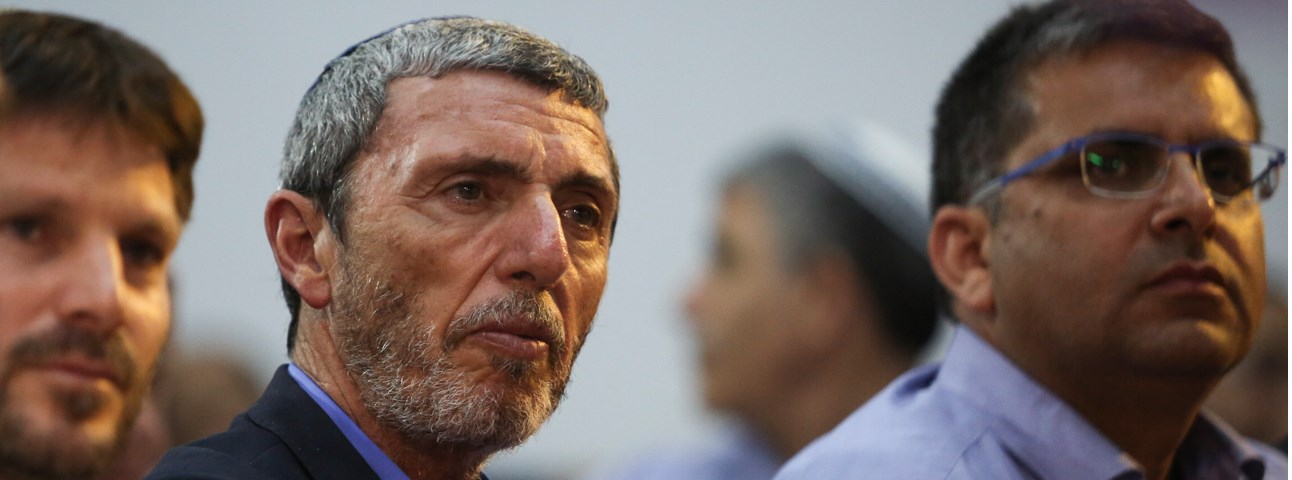
The Burden of Proof
Written By: Yair Sheleg
Calls for applying "Torah Law"in Israel lay bare the the much larger problem posed by the substantial clash of the world of Halacha with two fundamental principles of the modern liberal world: individual freedom and equal rights
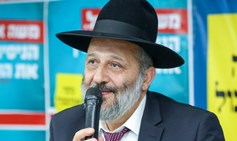
Ultra-Orthodox Parties in Municipalities in Israel
Written By: Dr. Gilad Malach
Tomorrow's elections will determine the local government in 251 cities, towns and municipalities. Of all the political parties represented at a national level in Israel, the ultra-Orthodox parties are the most successful in local government. What are the reasons behind this interesting trend? Read Dr. Gilad Malach's fascinating findings.
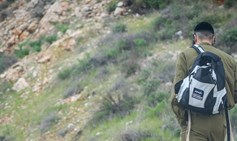
The “People’s Army”?
Written By: Dr. Asaf Malchi
This article presents the main milestones in the recurring attempts to put a satisfactory arrangement for the deferment of military service for yeshiva students in place. In doing so, it surfaces the changes that have occurred over time in the constitutional, legal, and public responses and attitudes on this issue.

Way of Life & Voting Patterns
Written By: Dr. Lee Cahaner, Dr. Gilad Malach, Dr. Maya Choshen
The fifth out of five chapters of the Statistical Report on Ultra-Orthodox Society in Israel

Religion and State in Israel: Charting a New Course for 5778
Written By: Dr. Shuki Friedman,
Is our country and society doomed to continually follow the same path of repeated crisis, or has the time finally come for us to plot a new course?
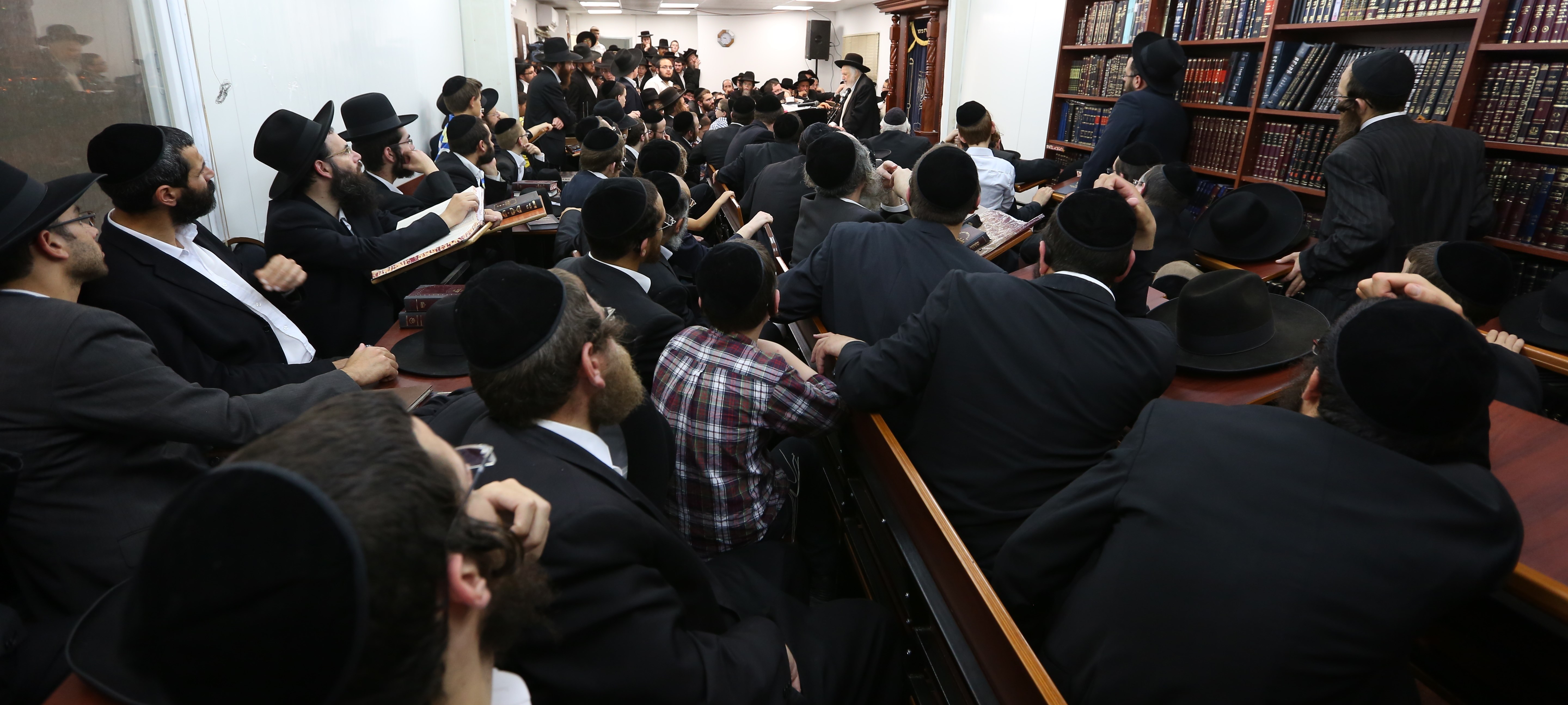
Ultra-Orthodox Employment Levels Stop Increasing
The percentage of ultra-Orthodox men who work stagnated in 2016 for the first time after a consistent upturn over the past several years, according to a new report by the Central Bureau of Statistics.







